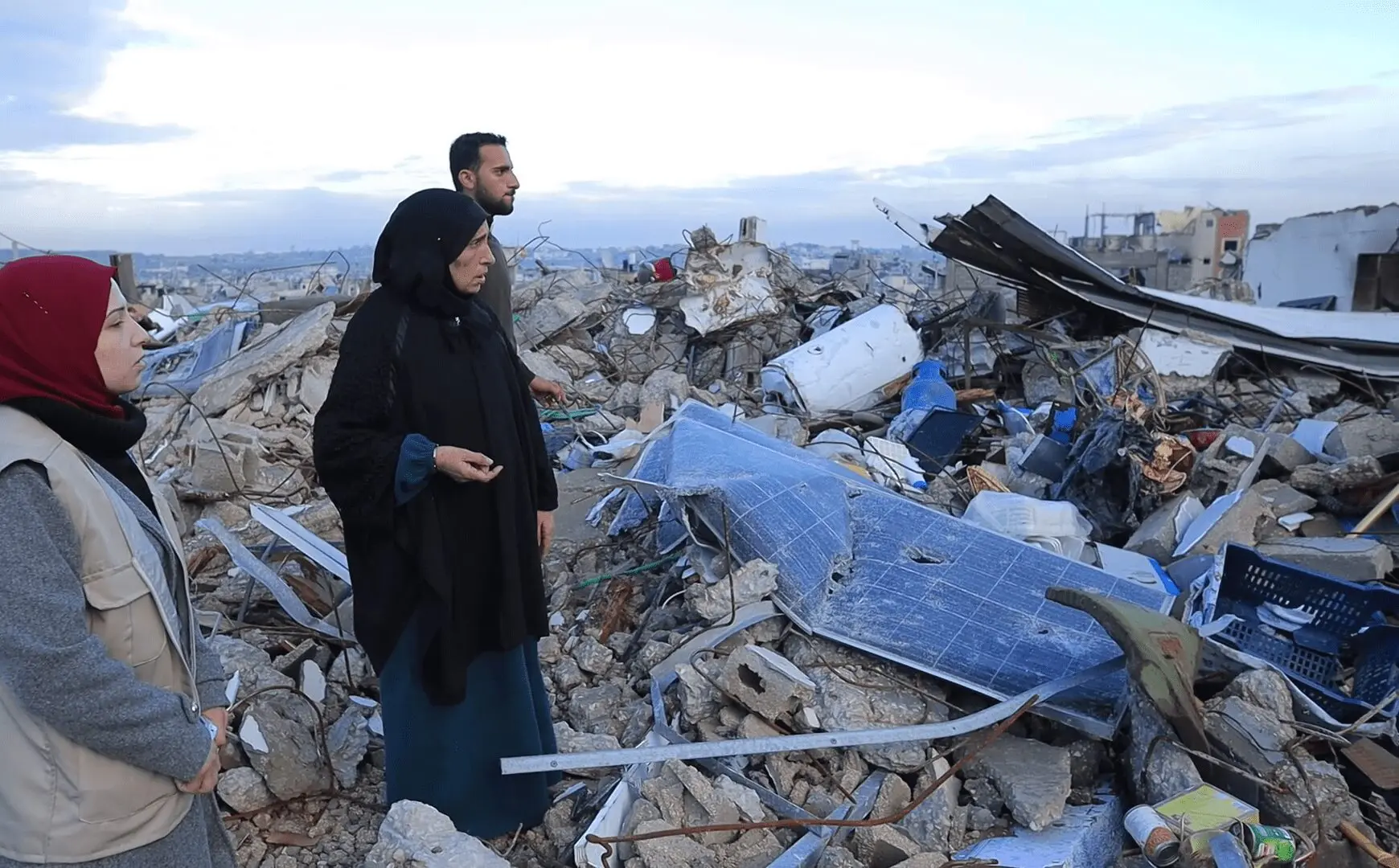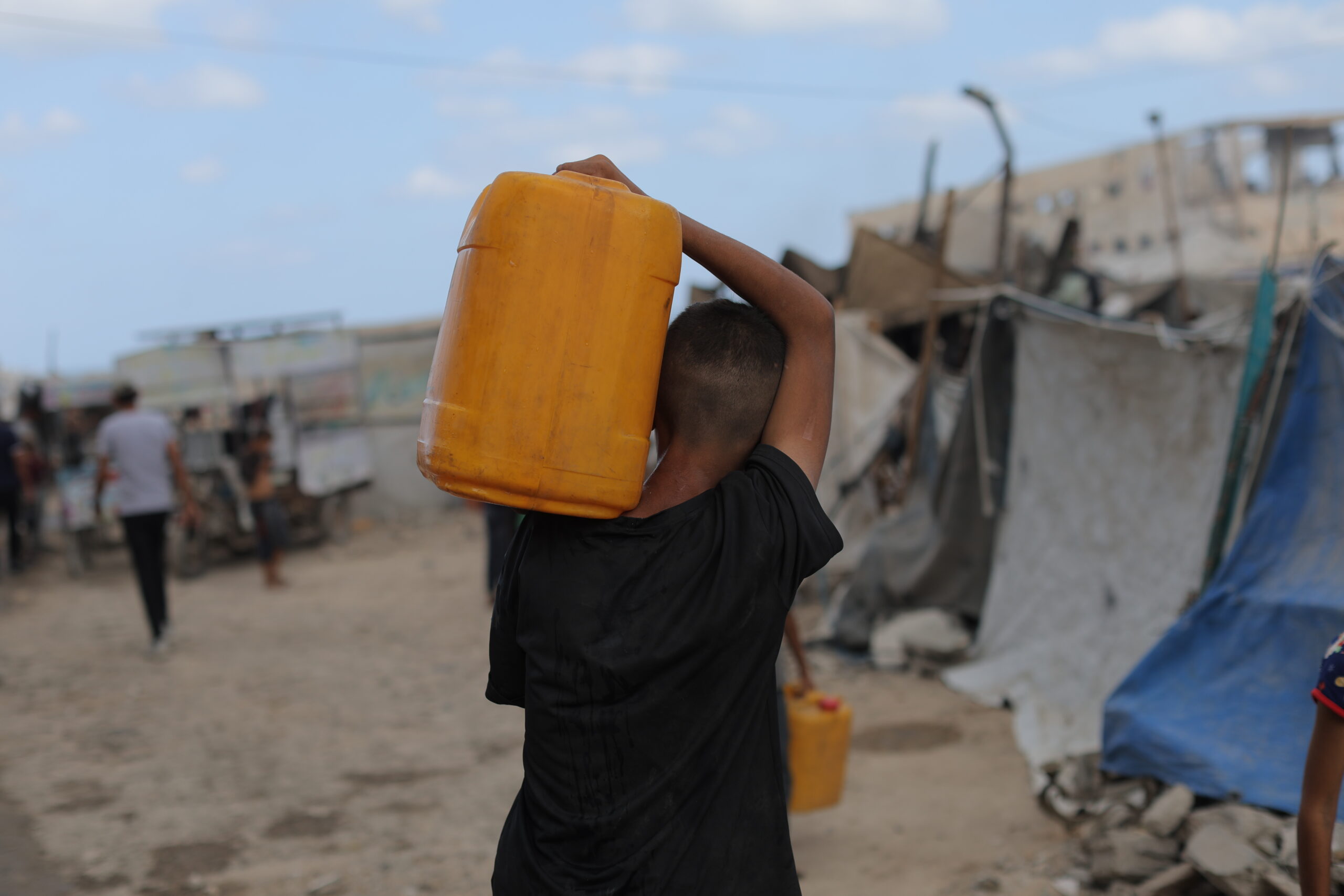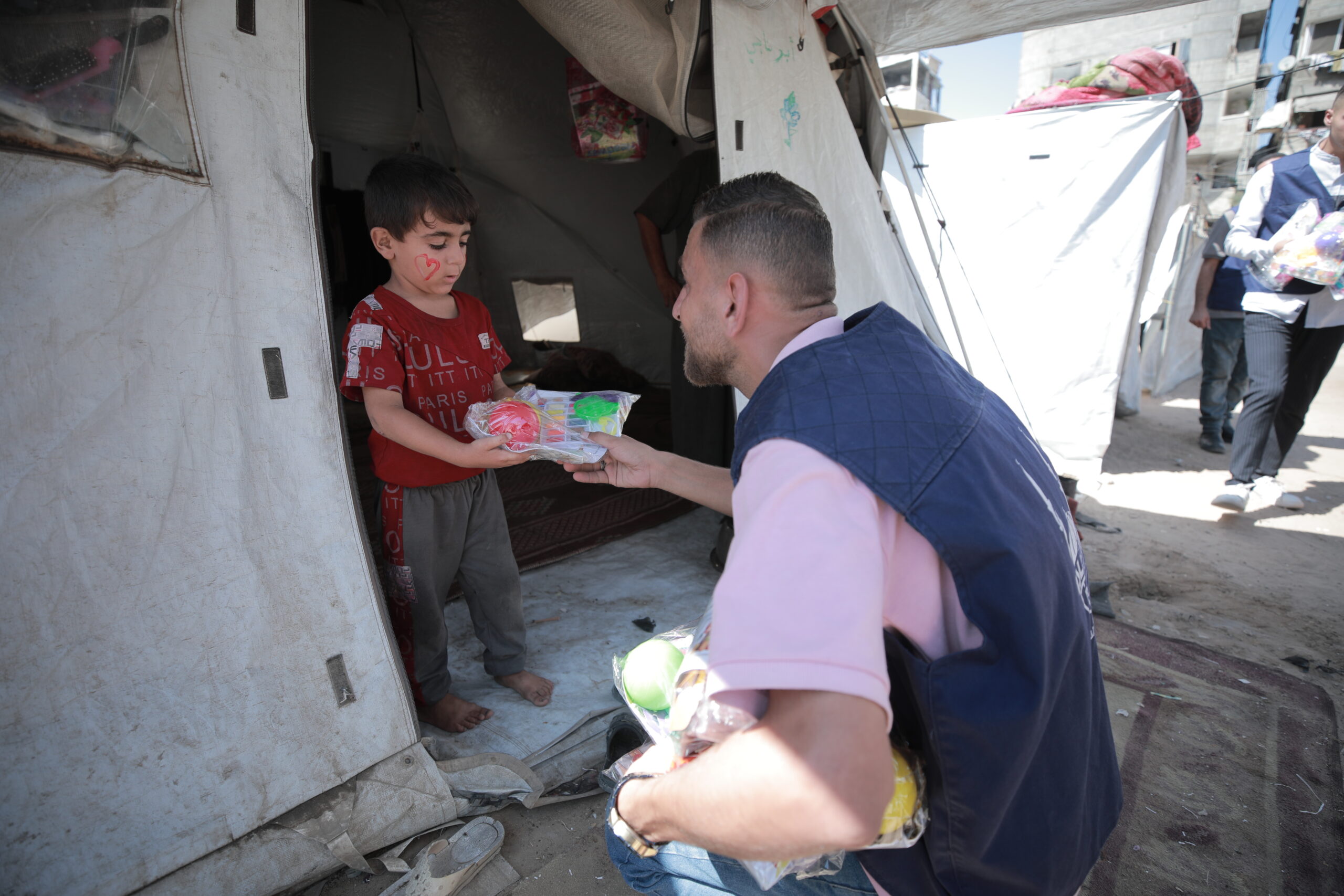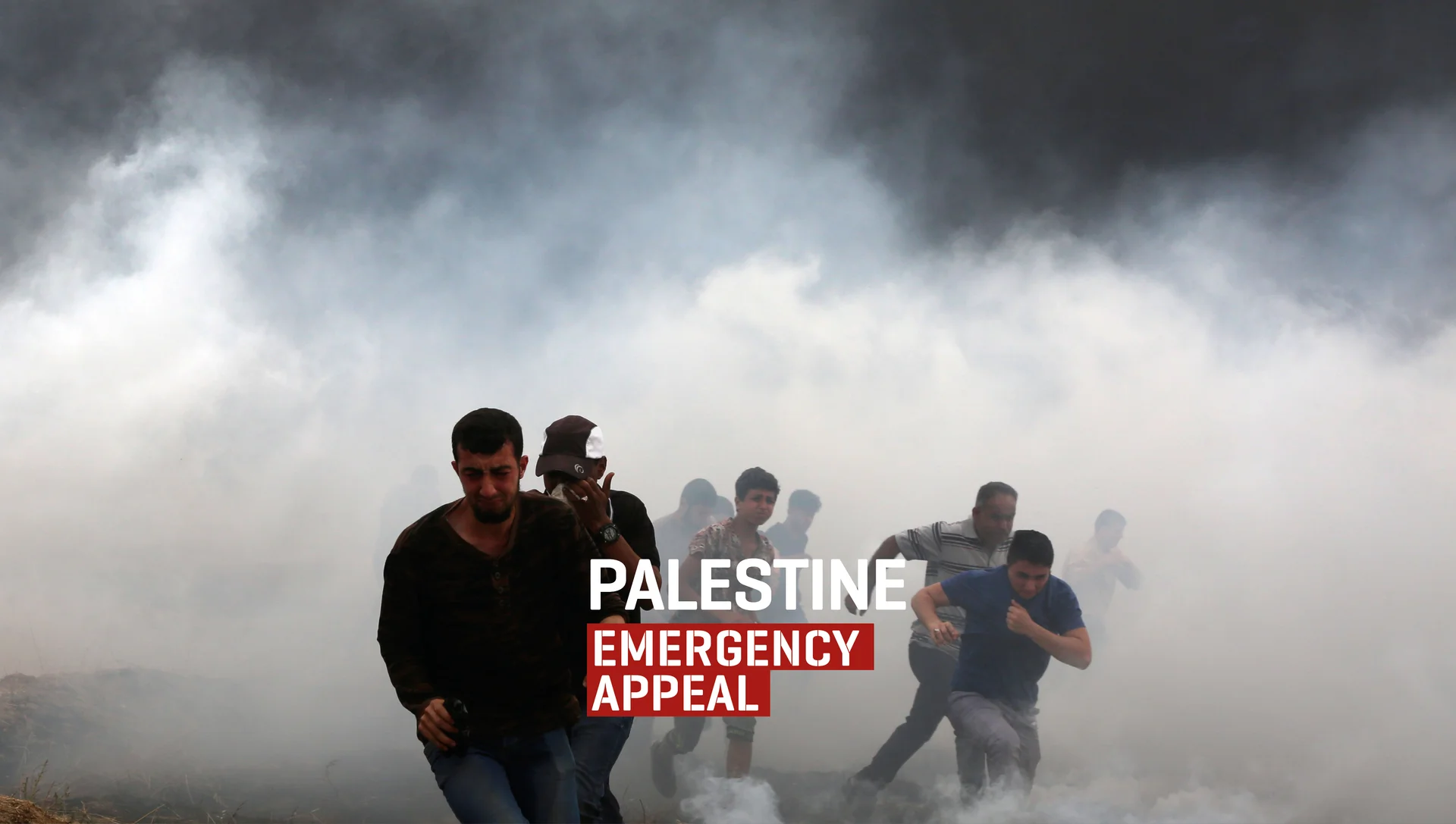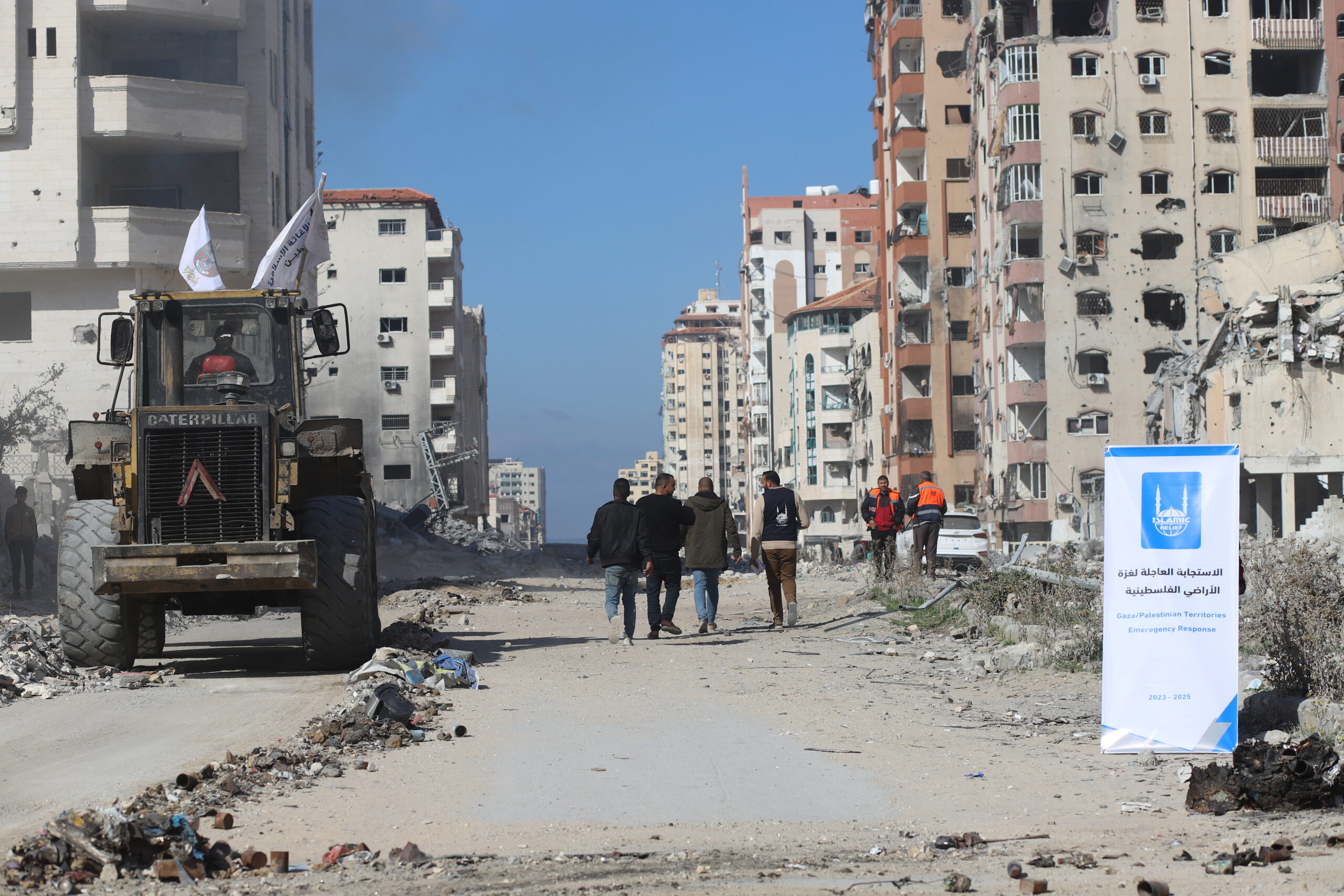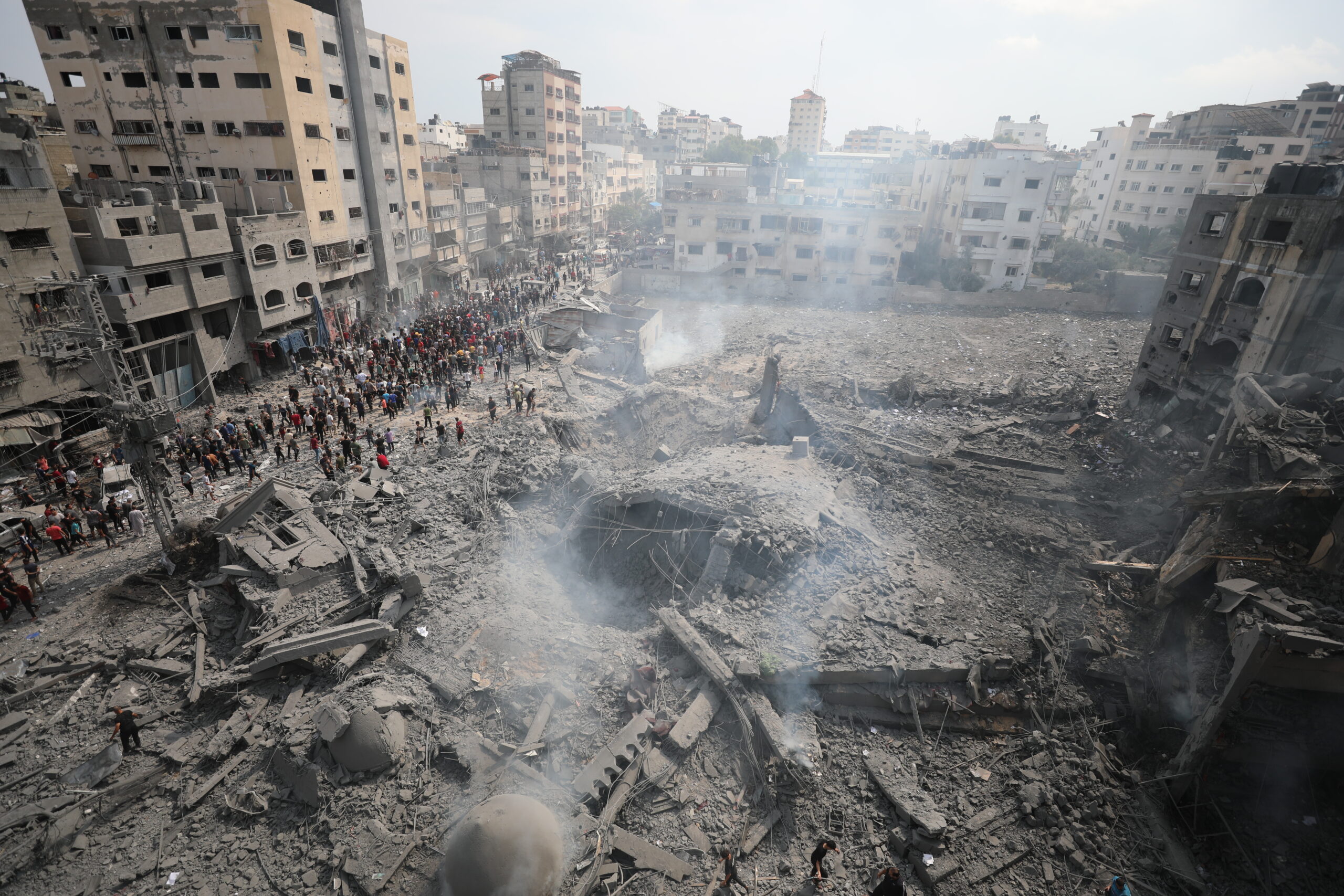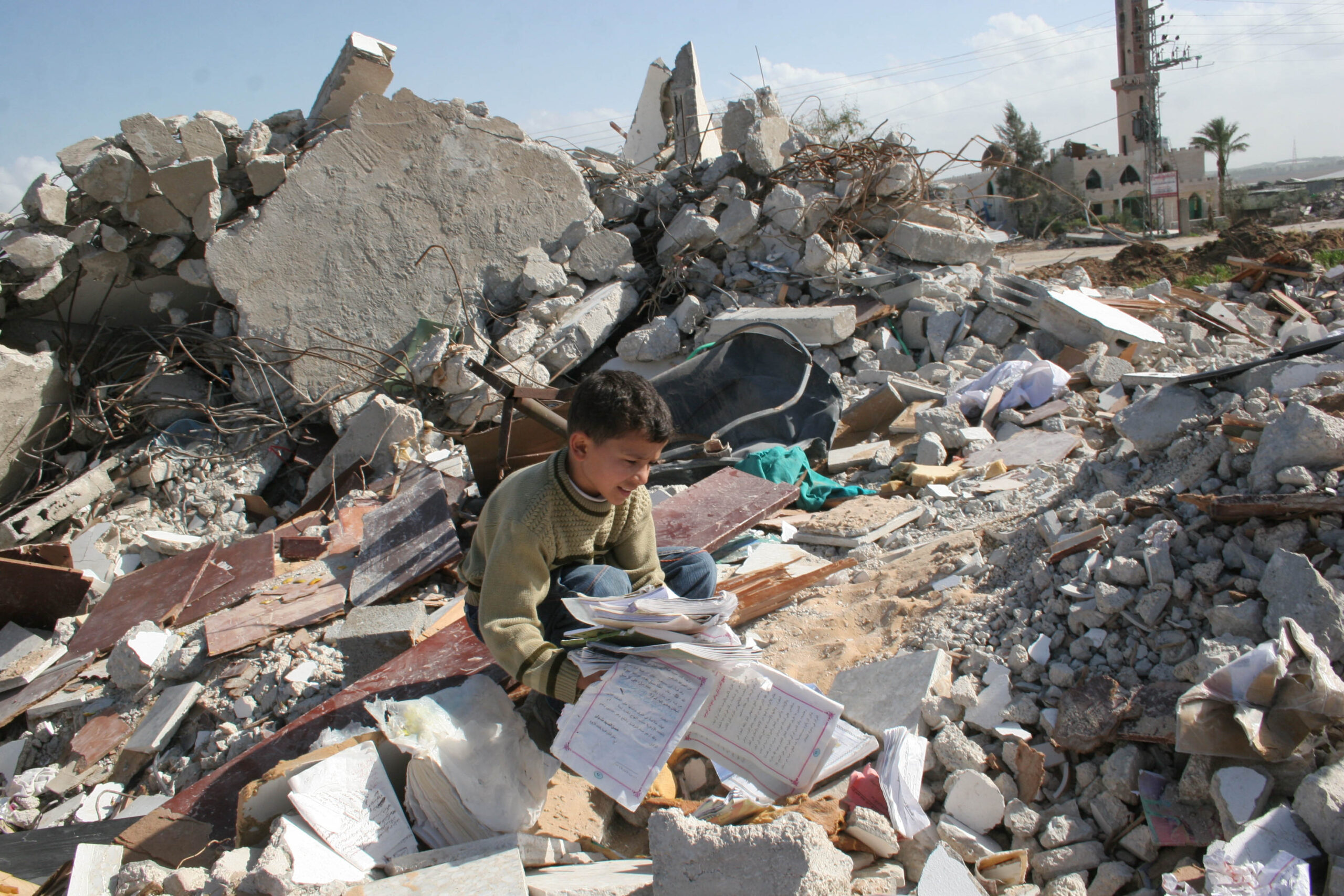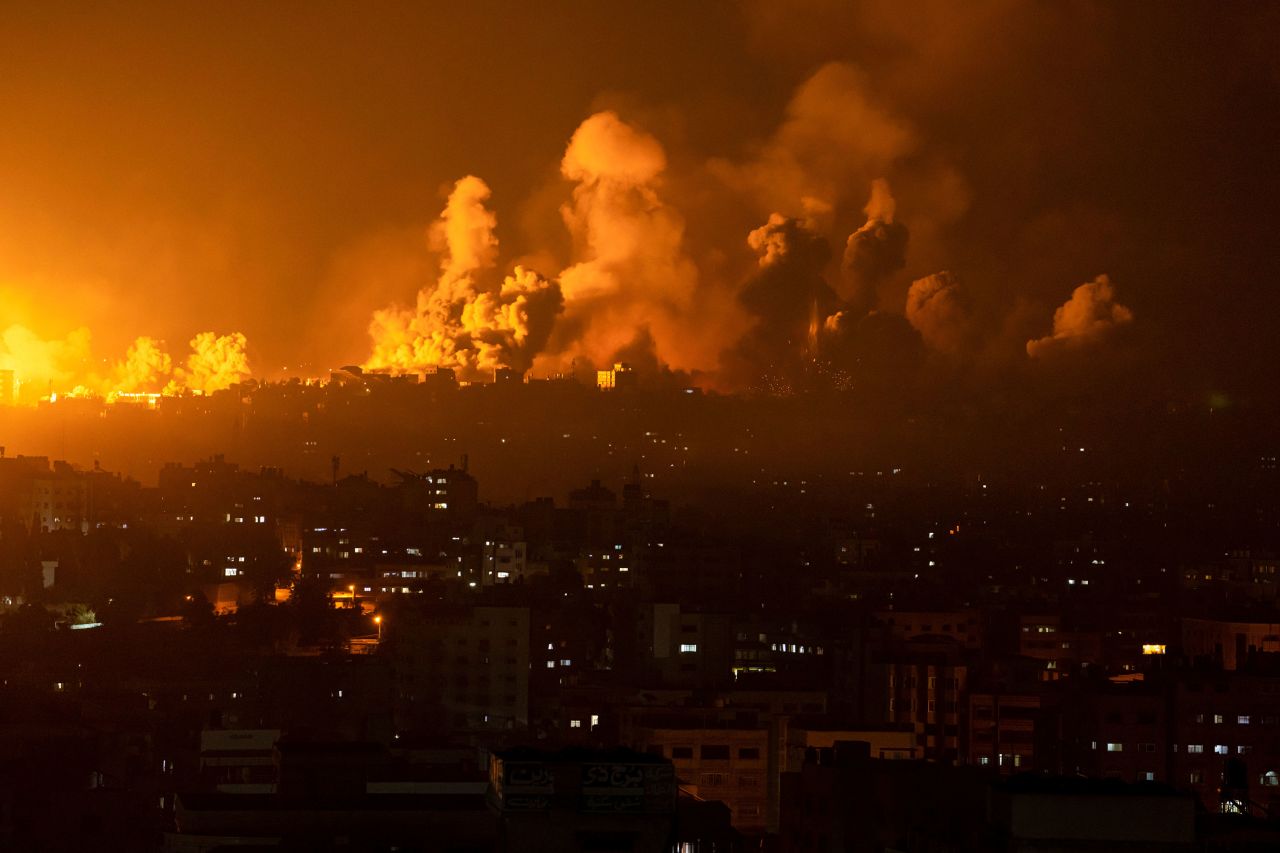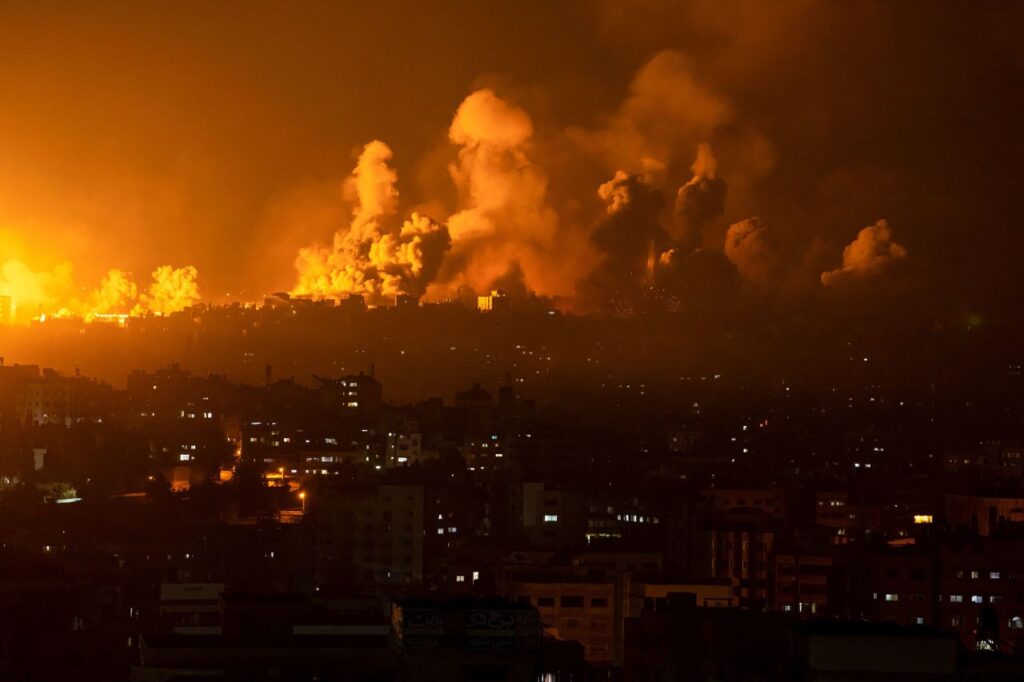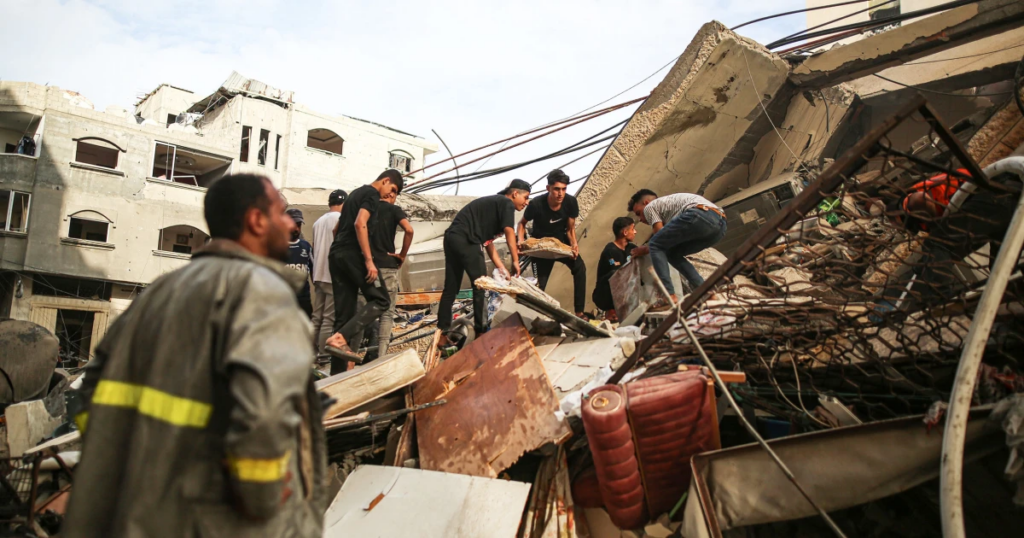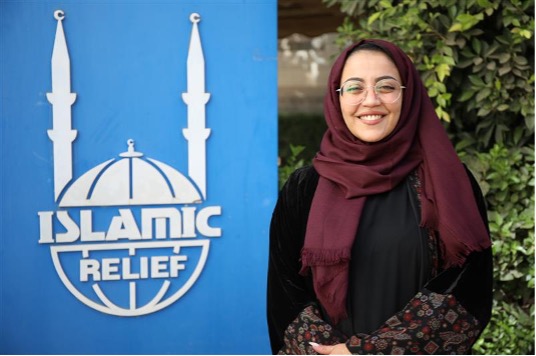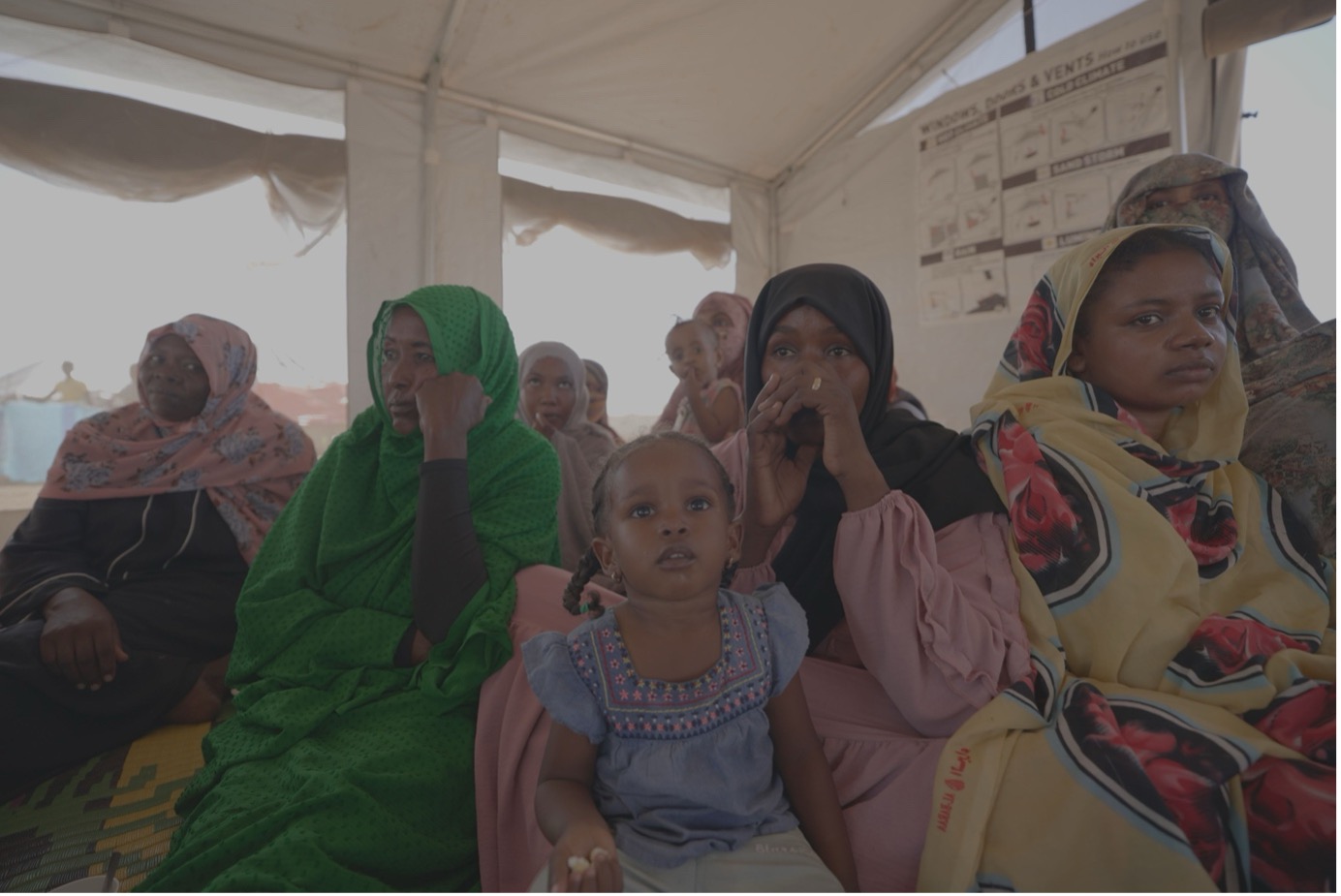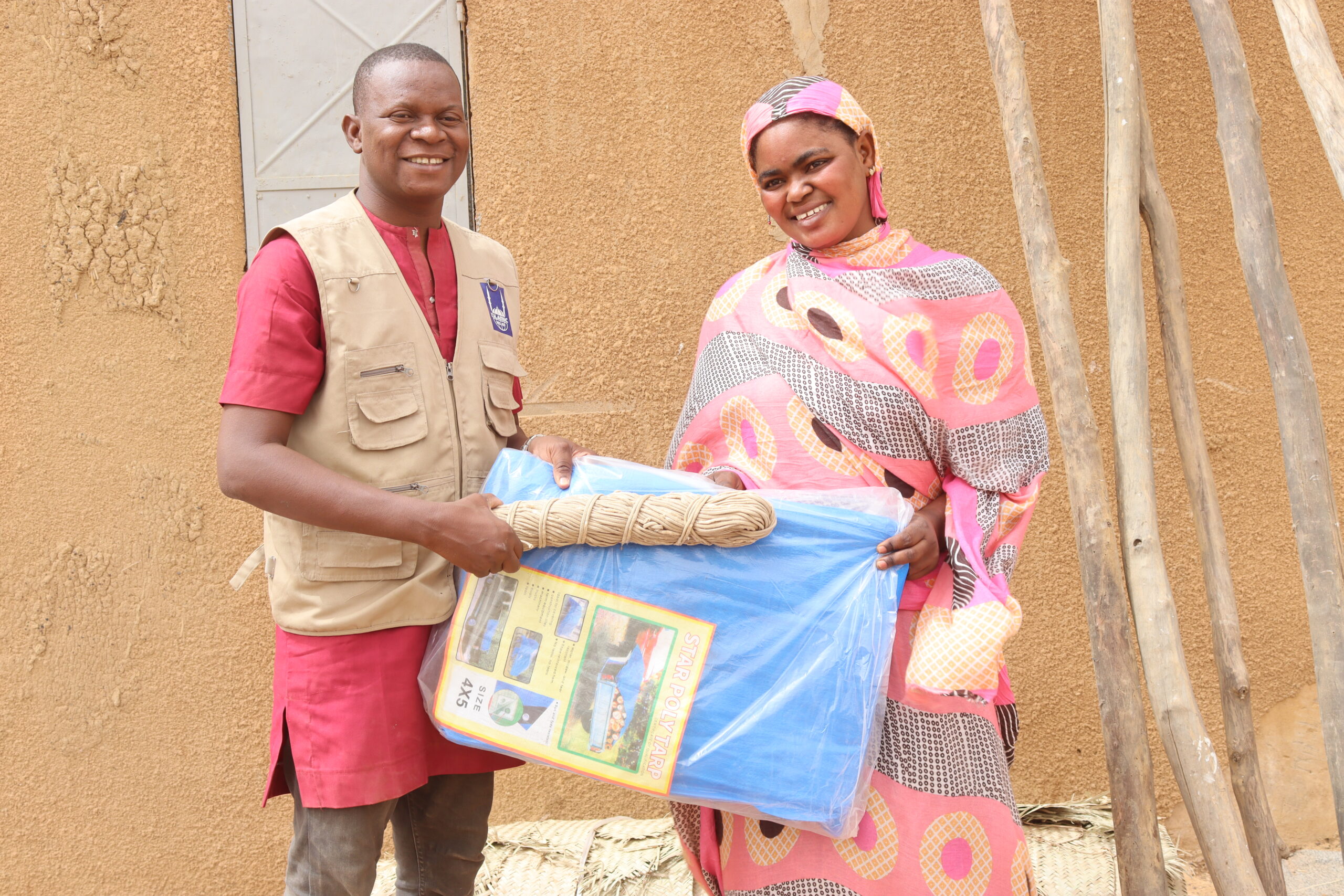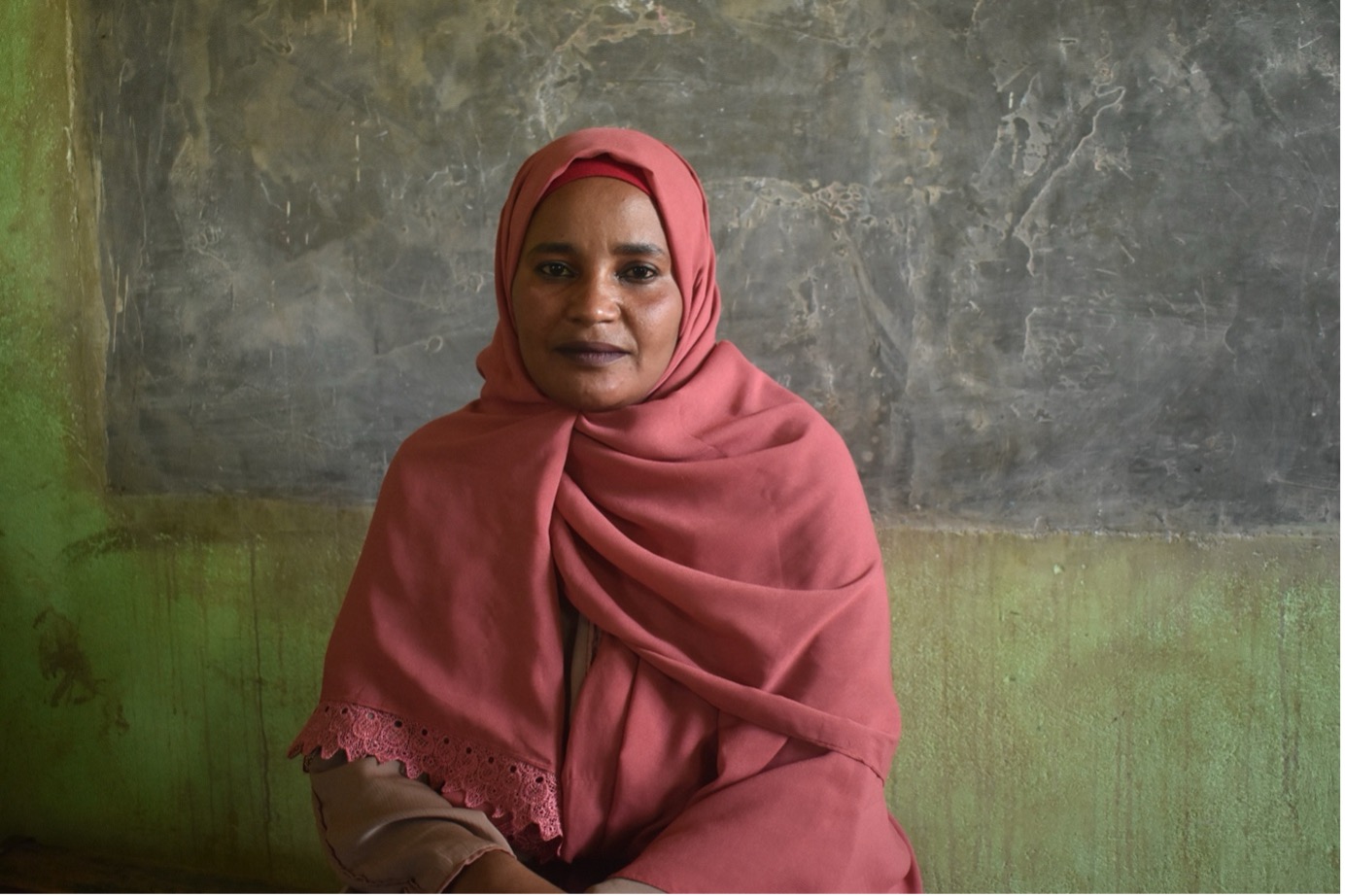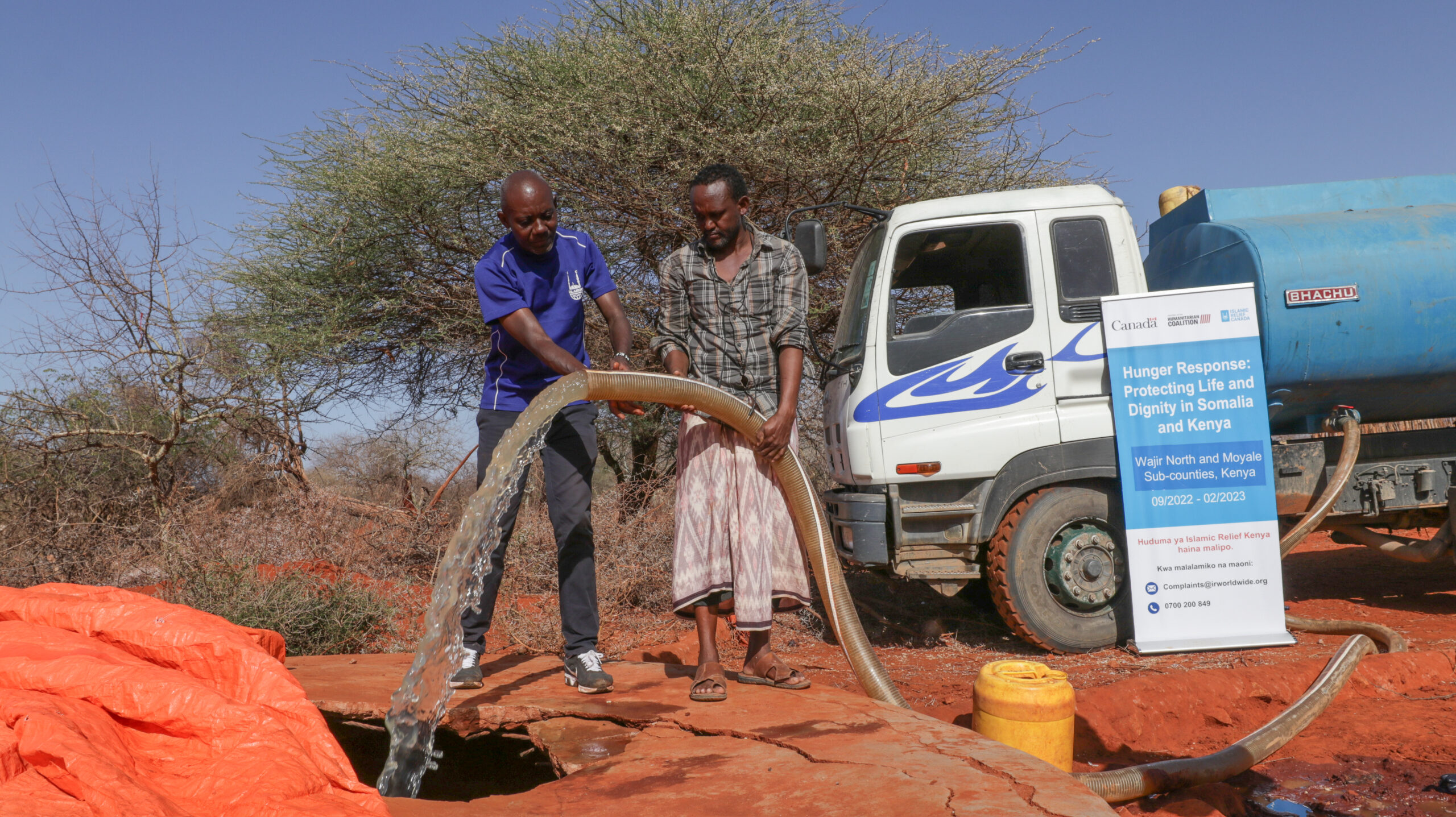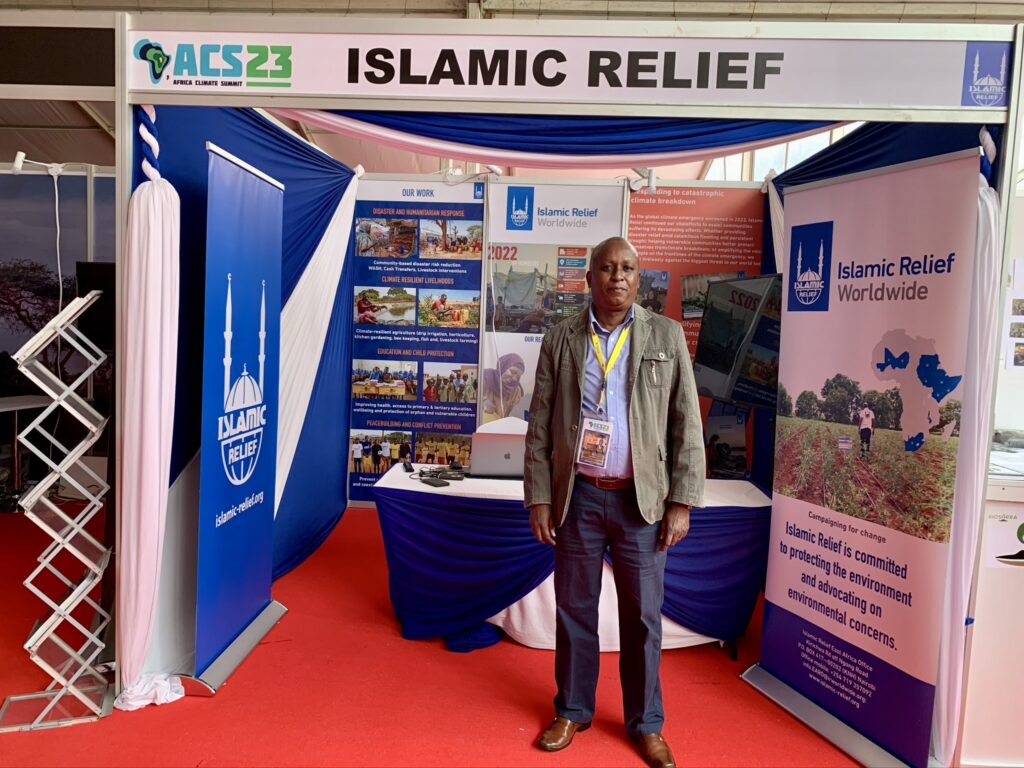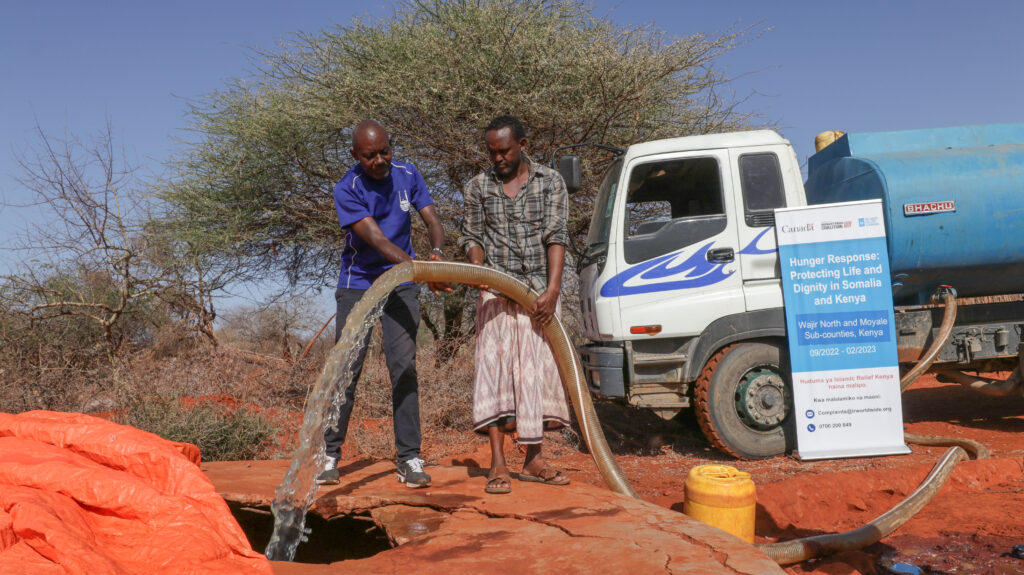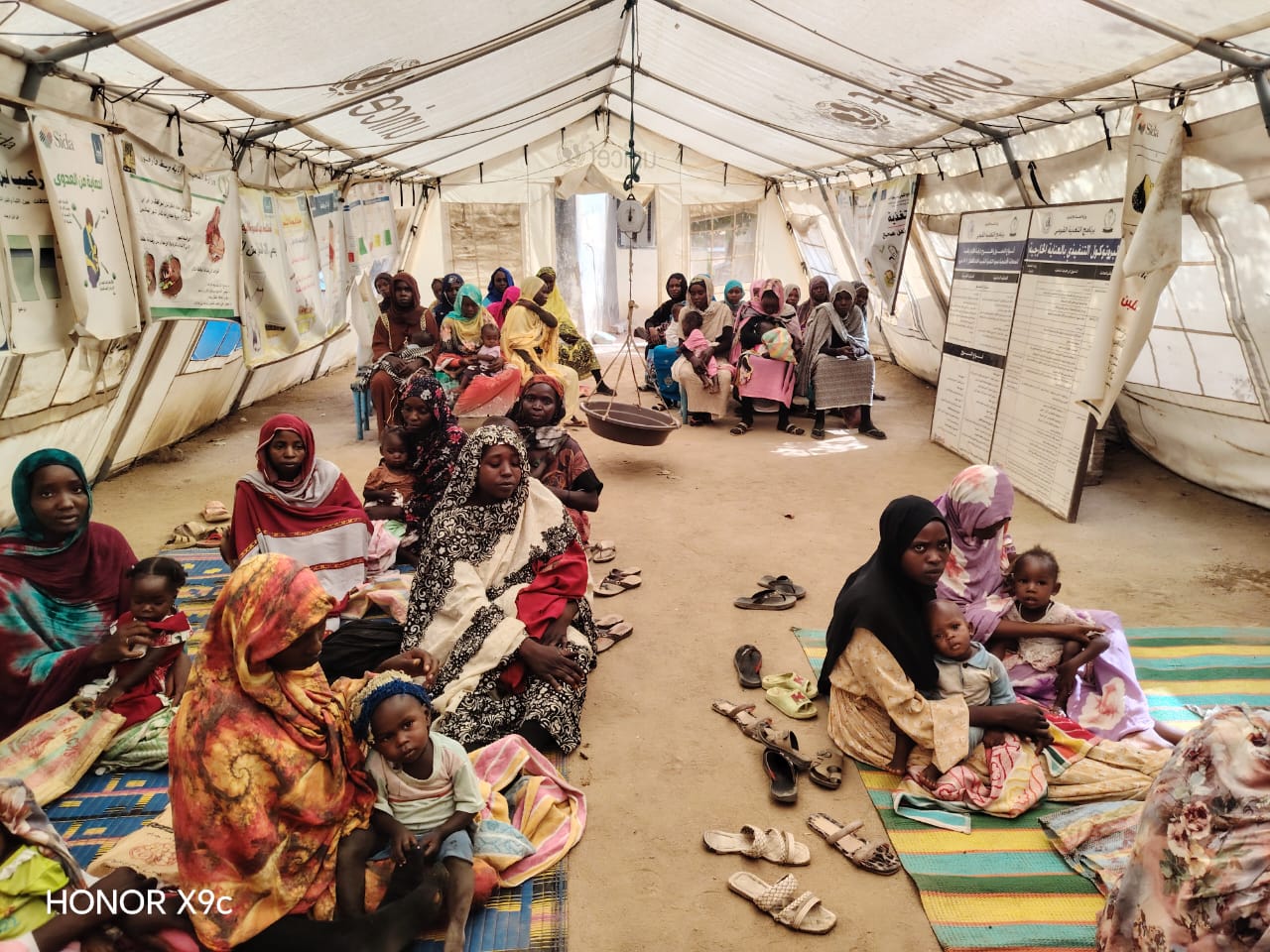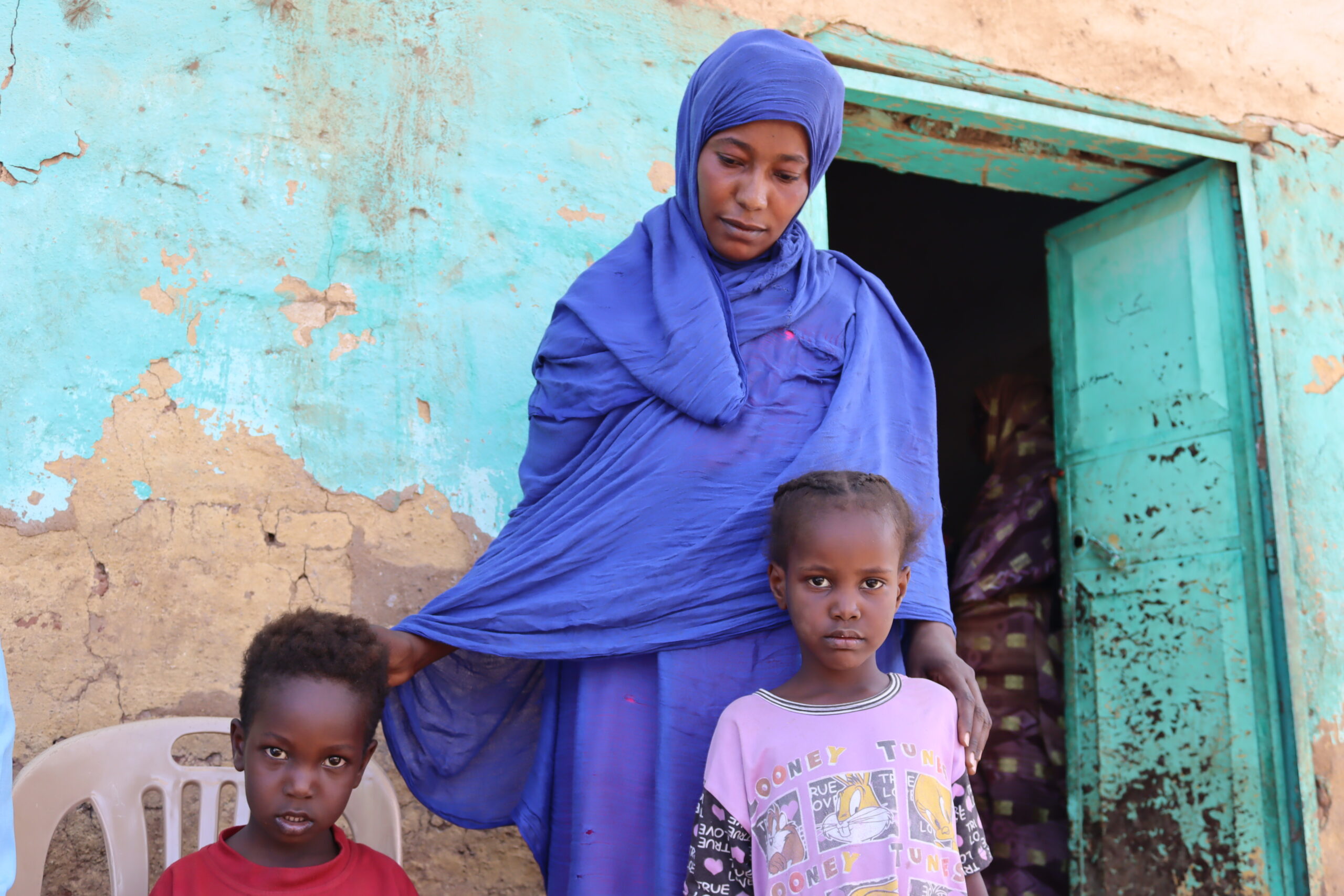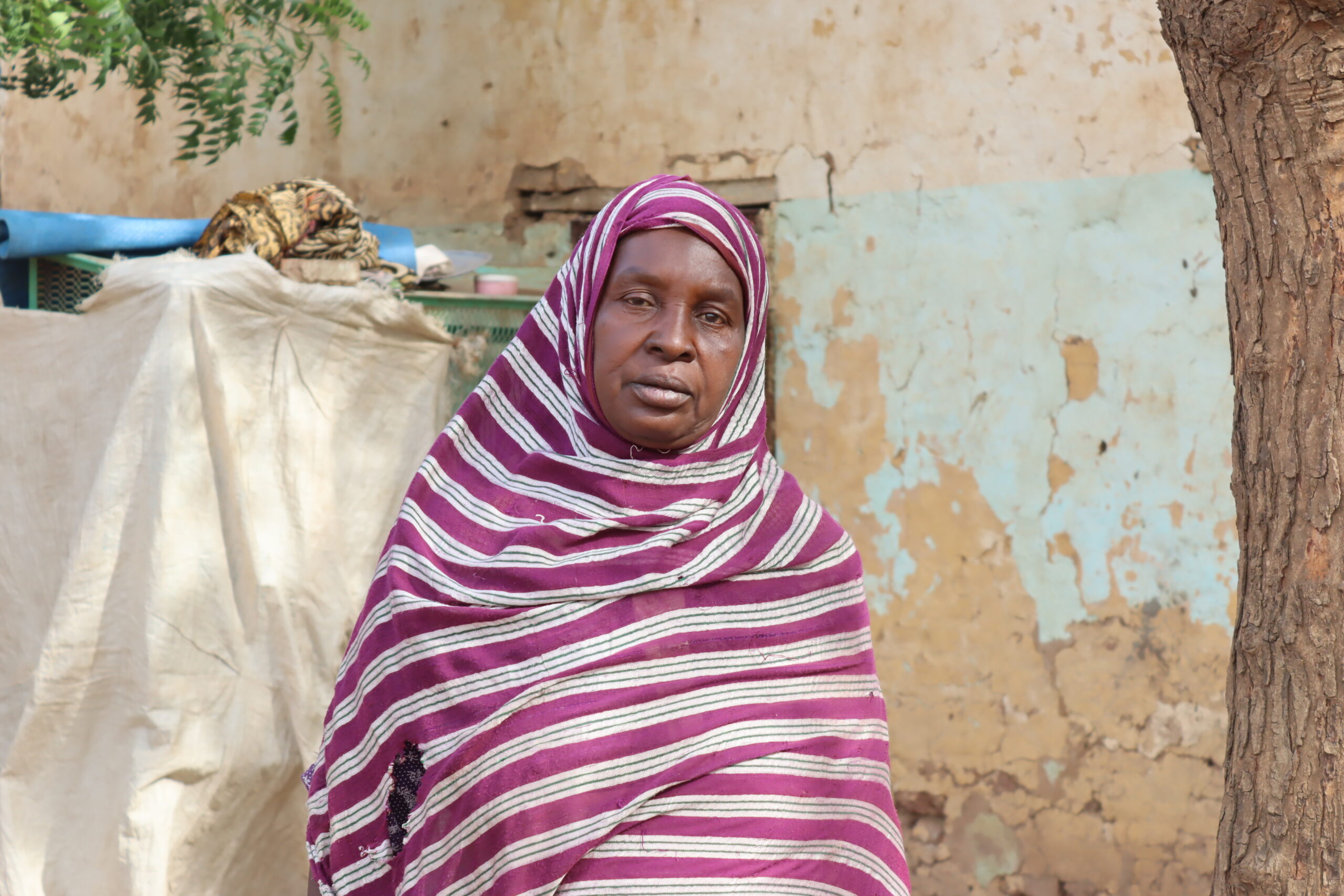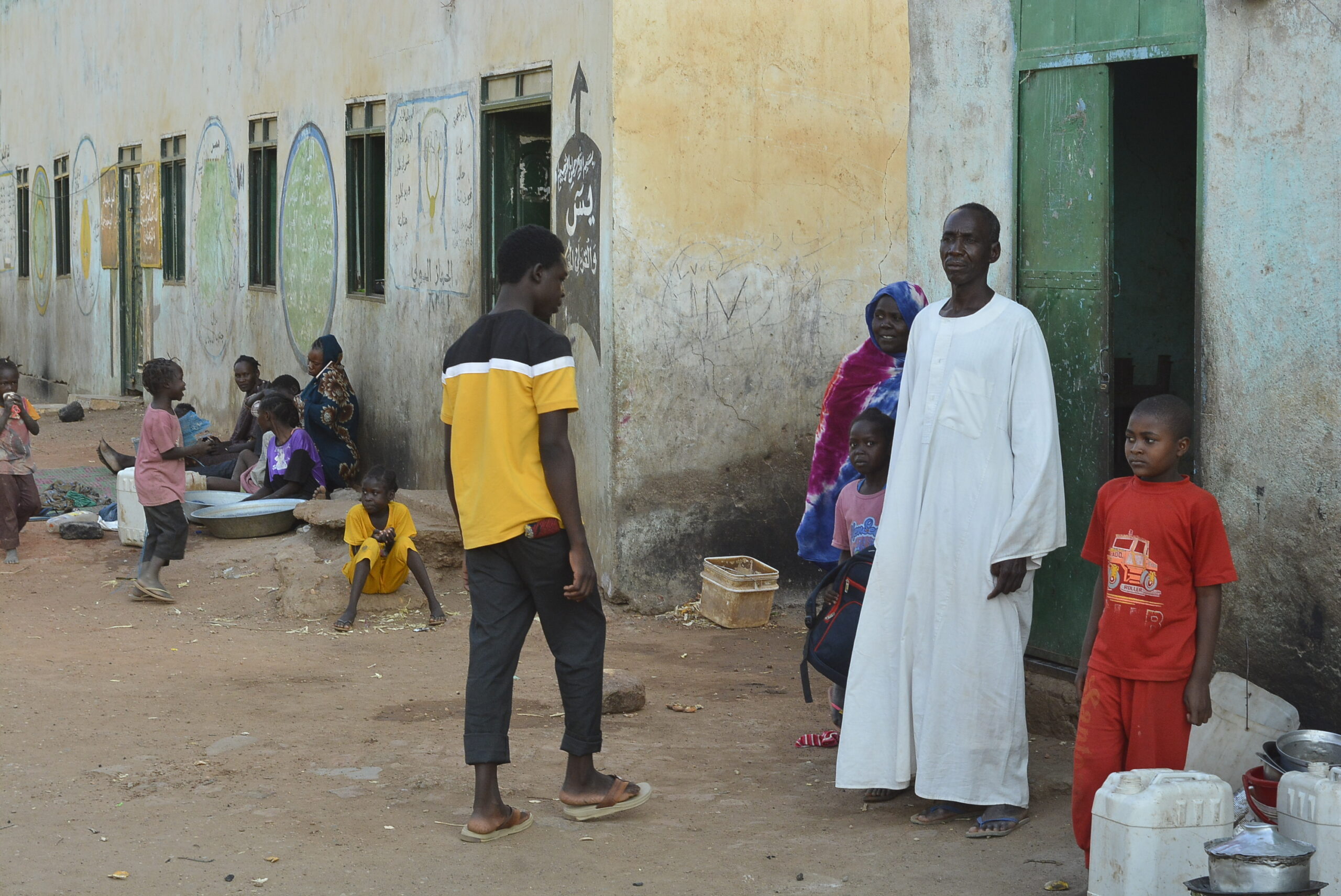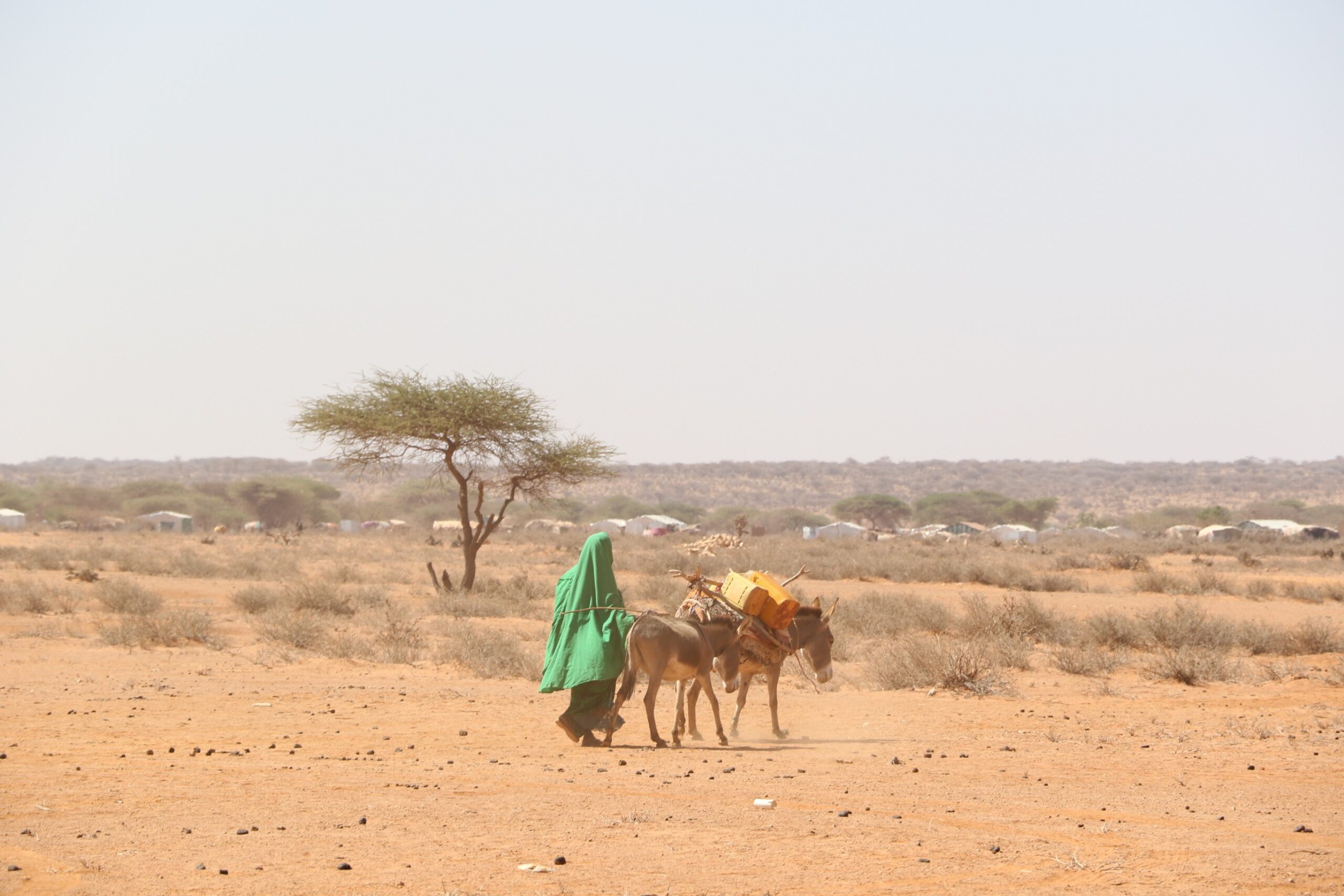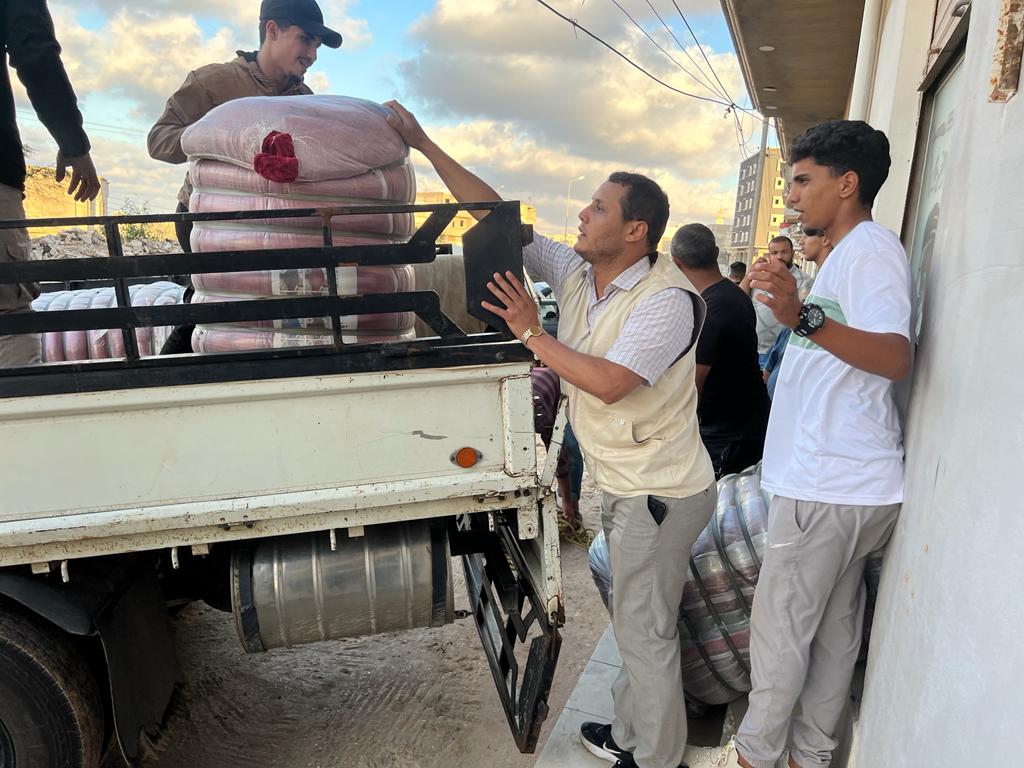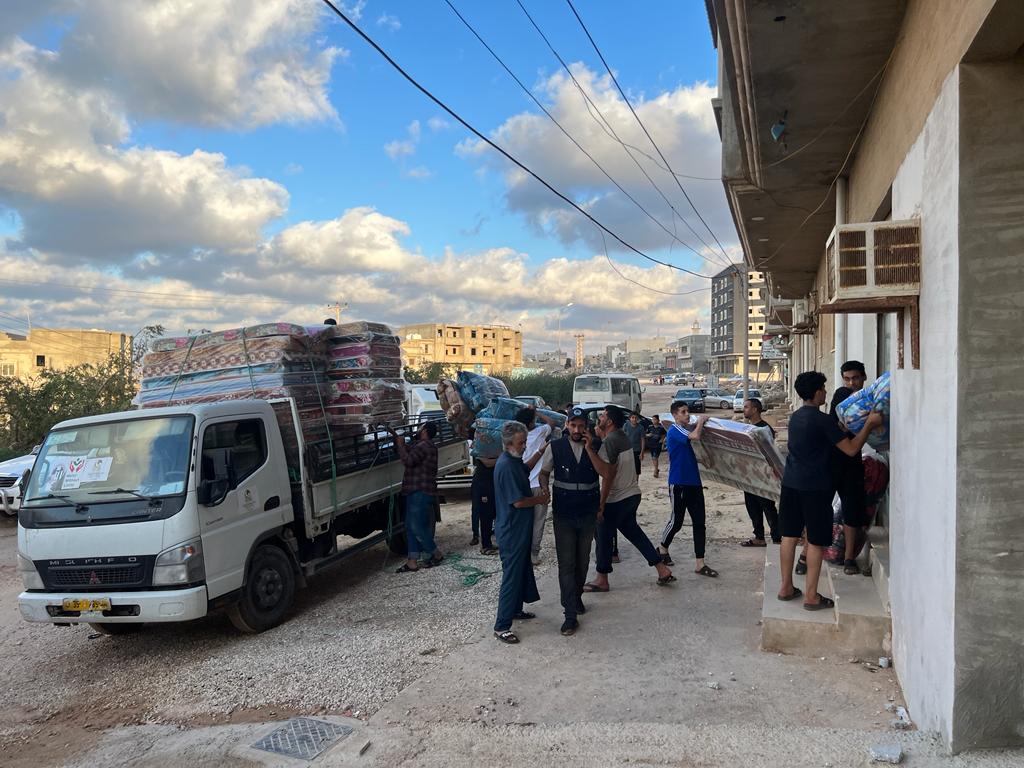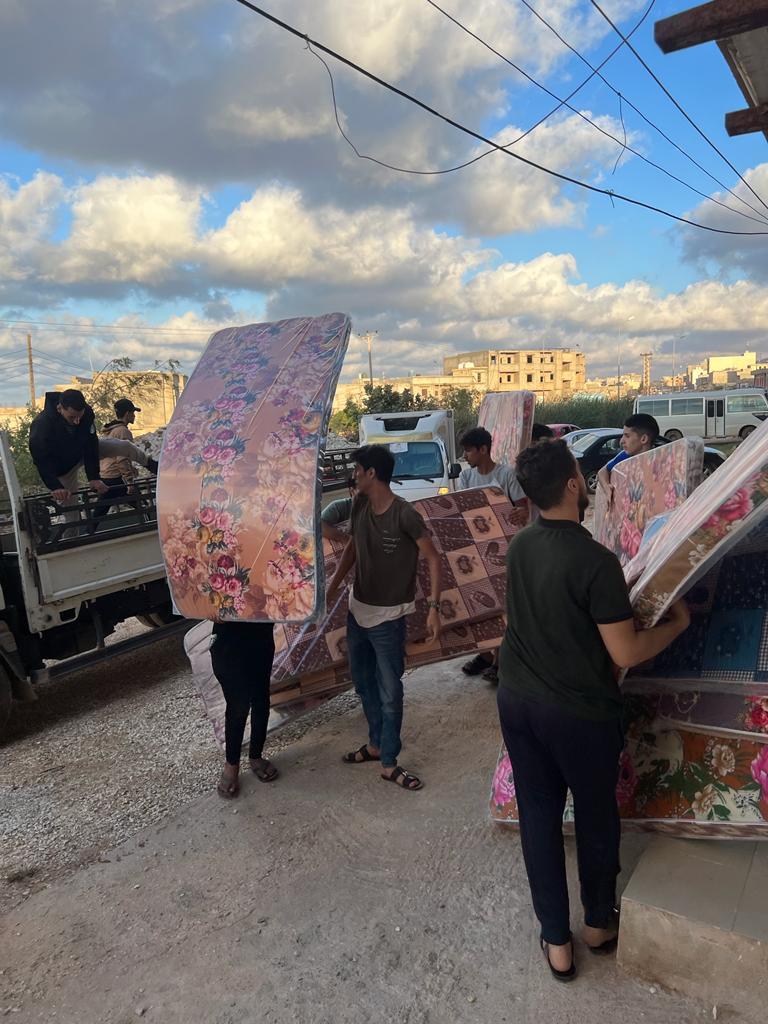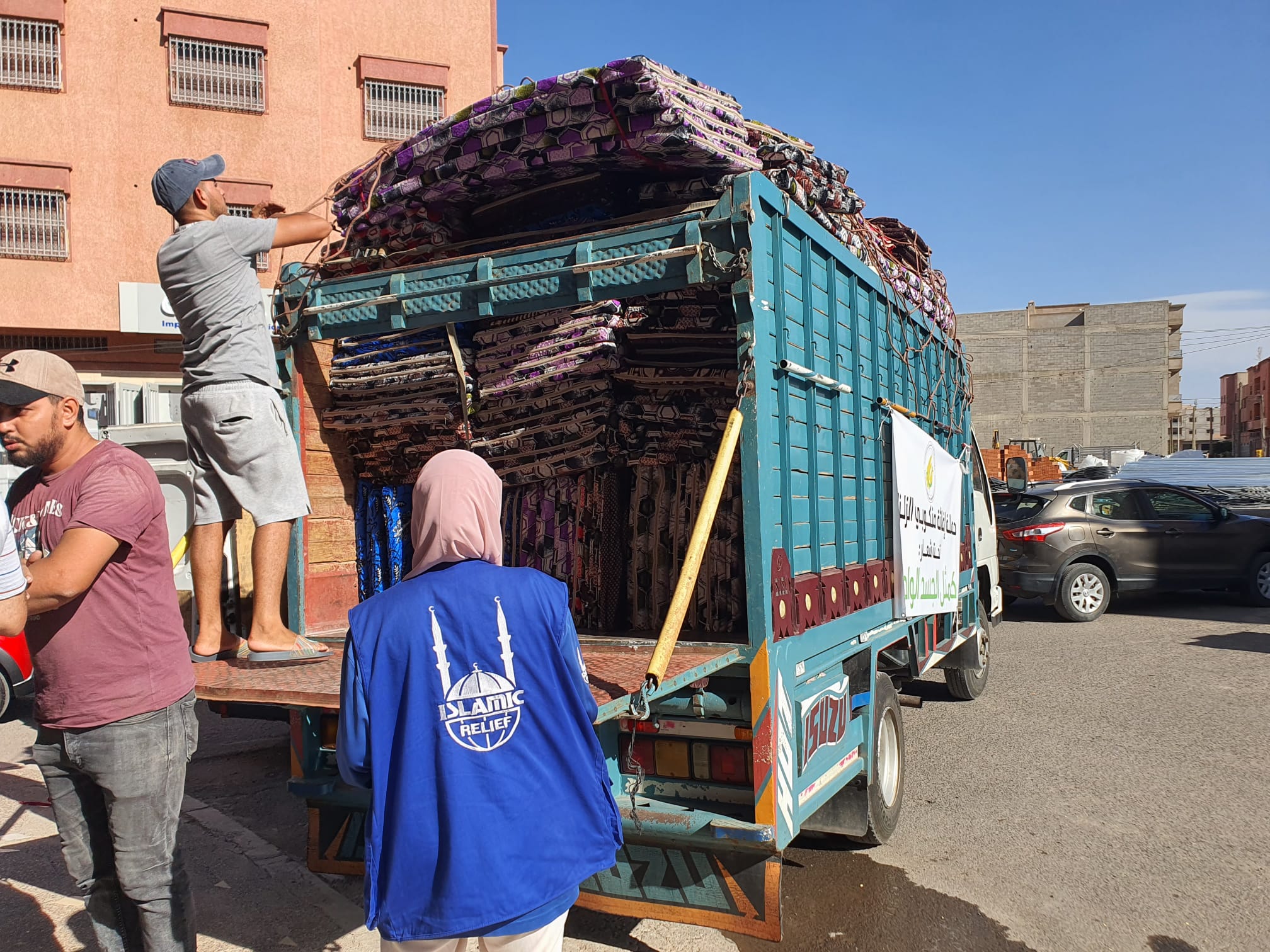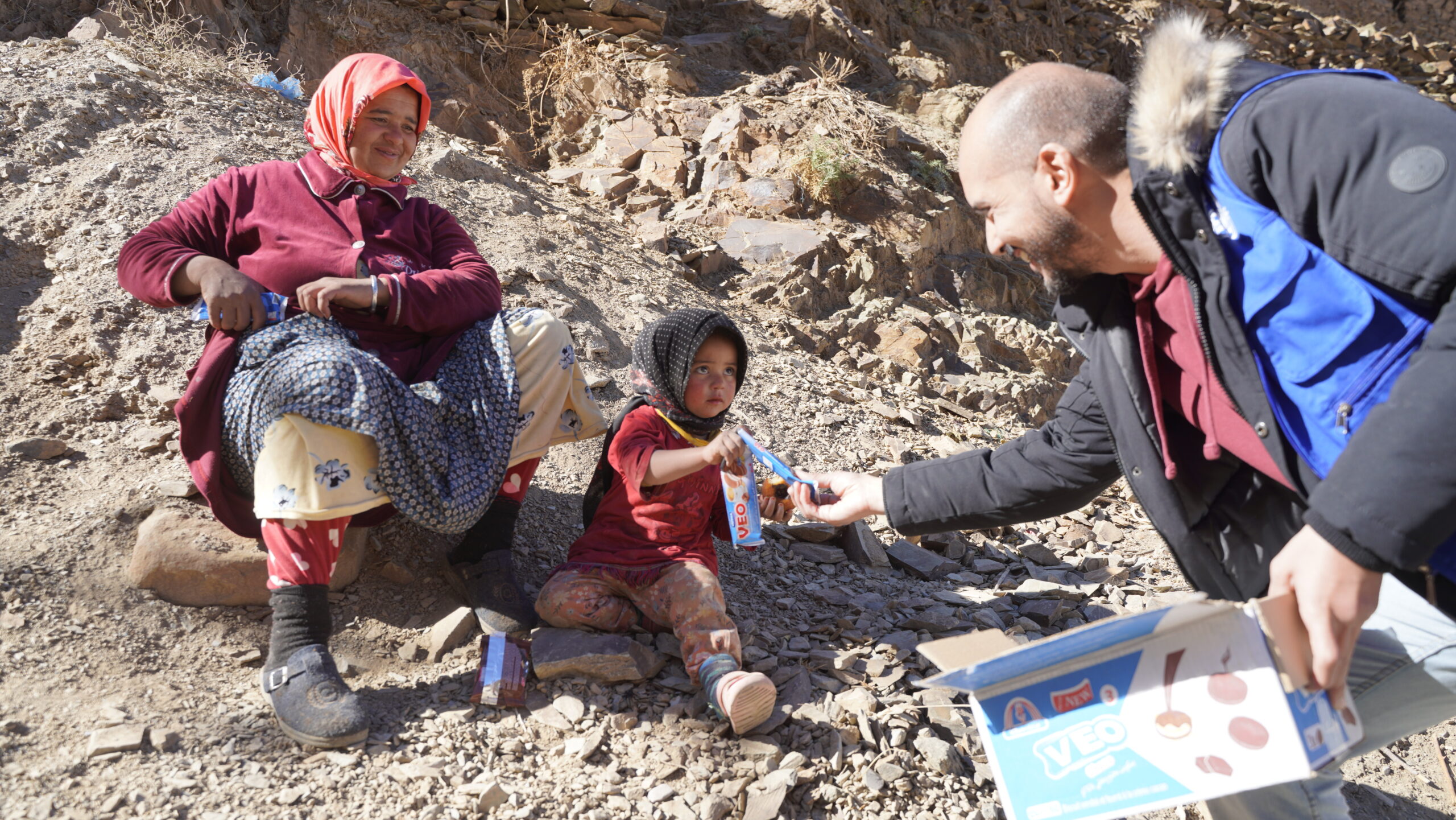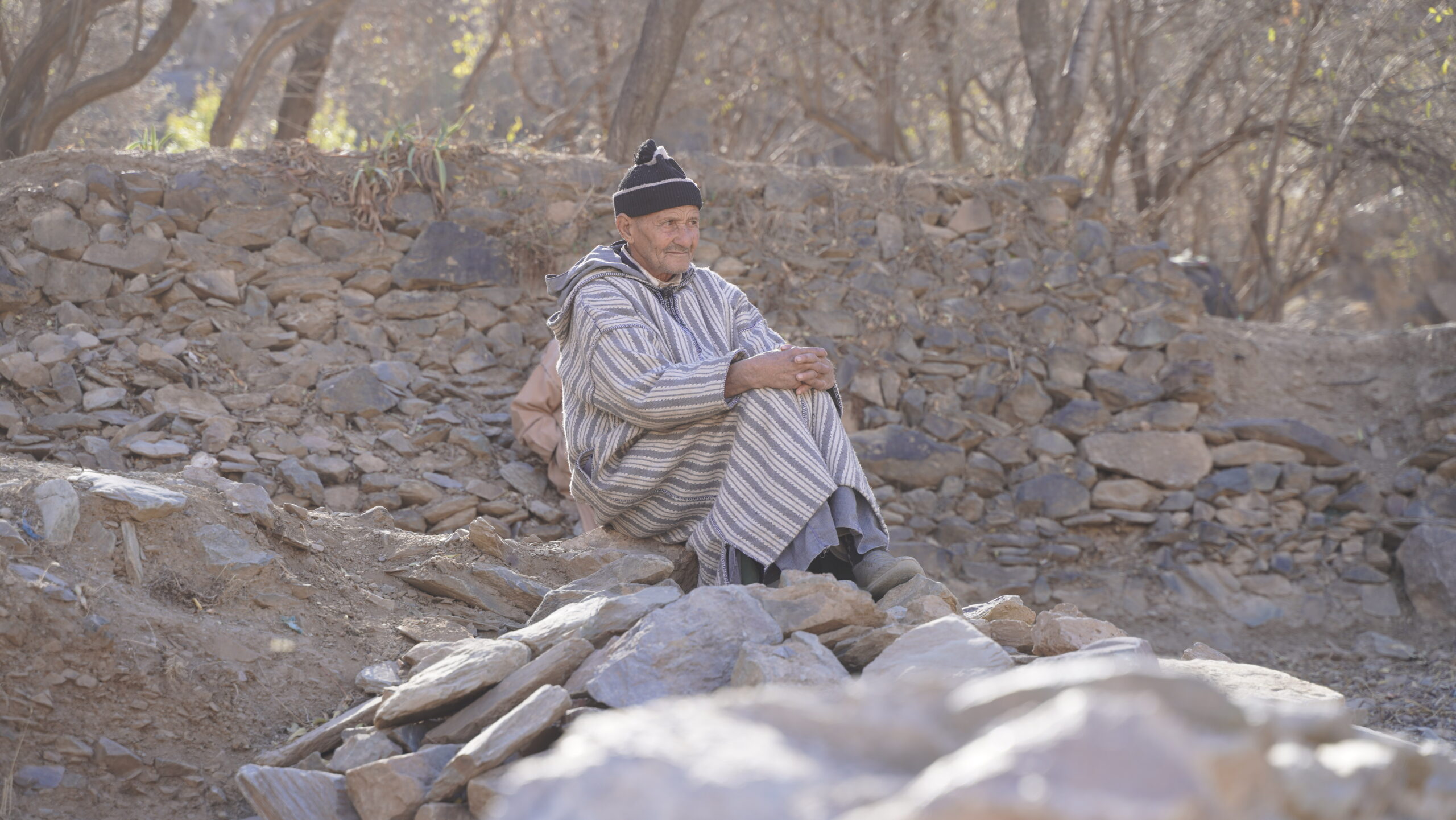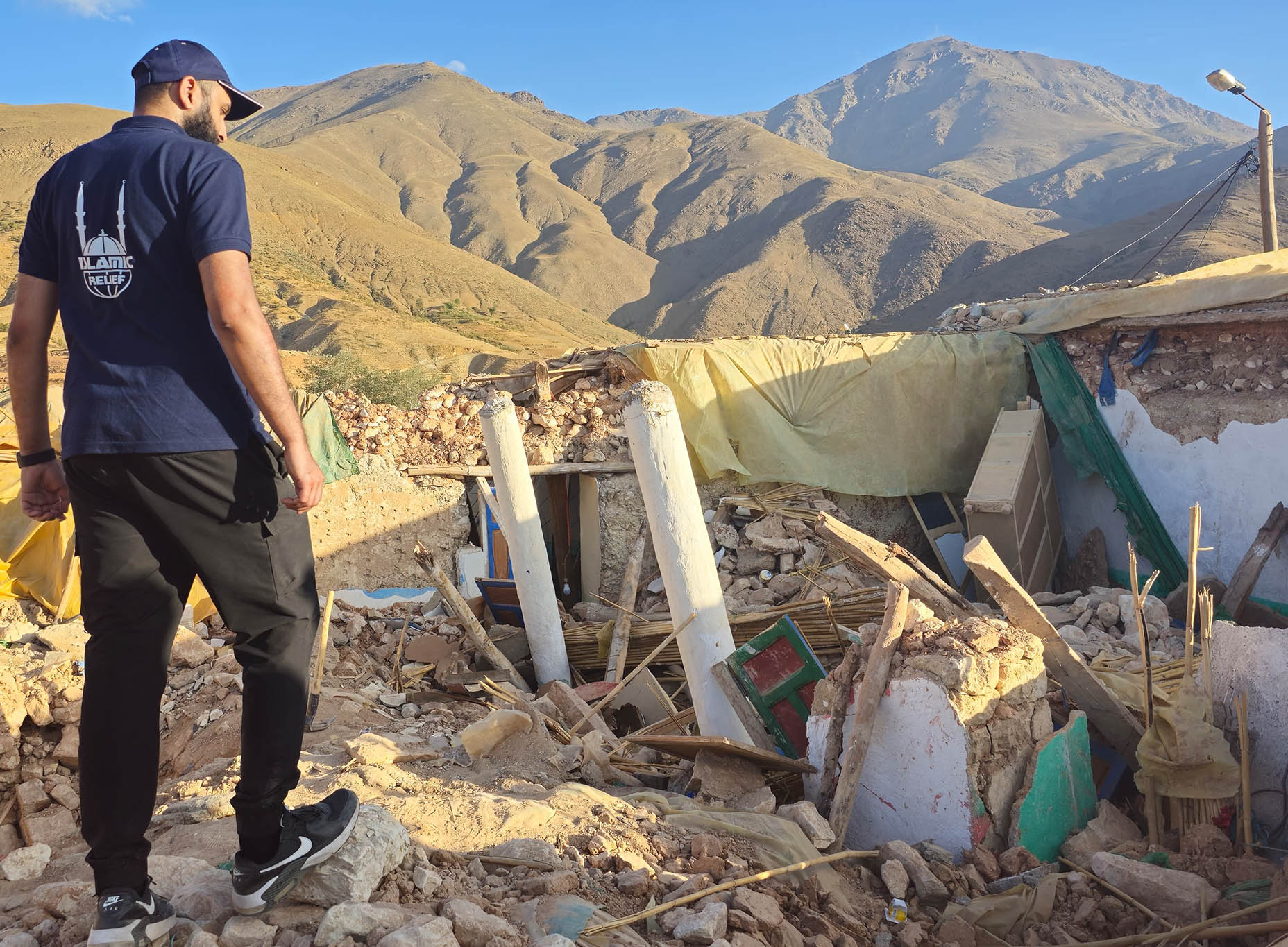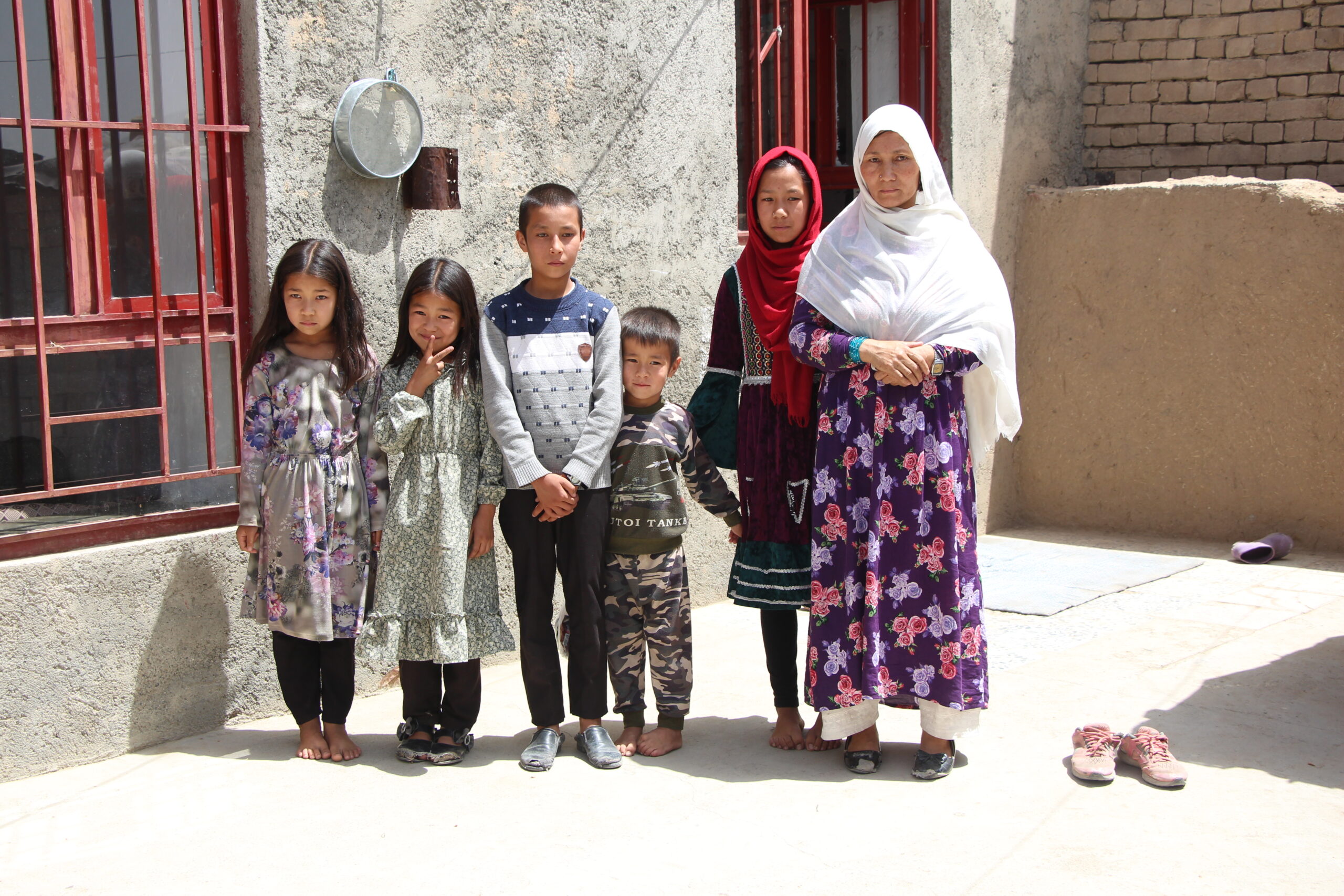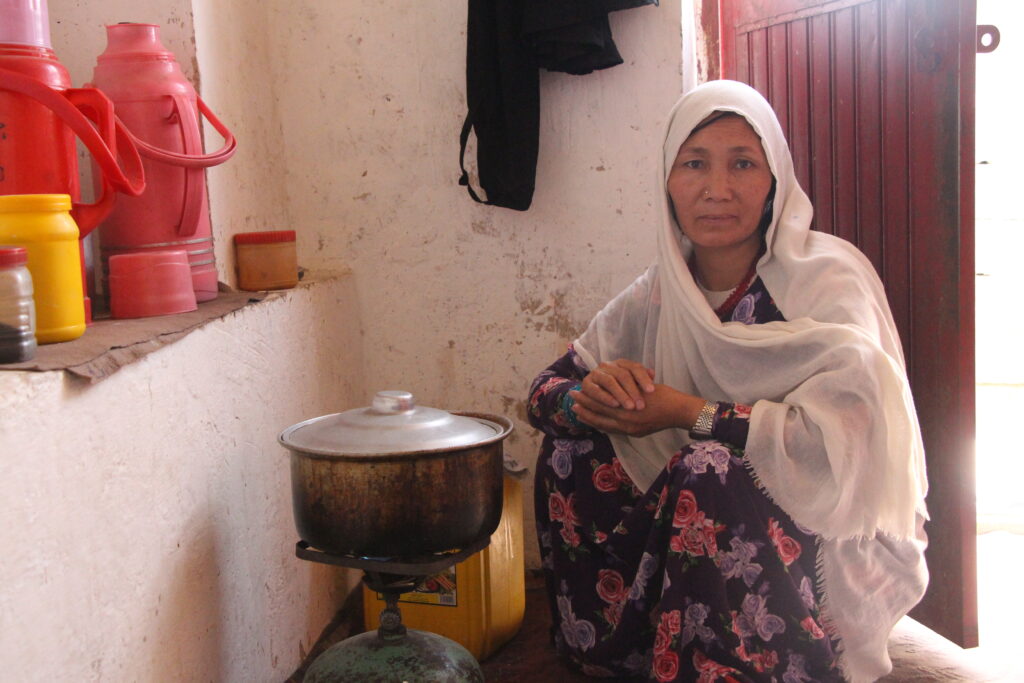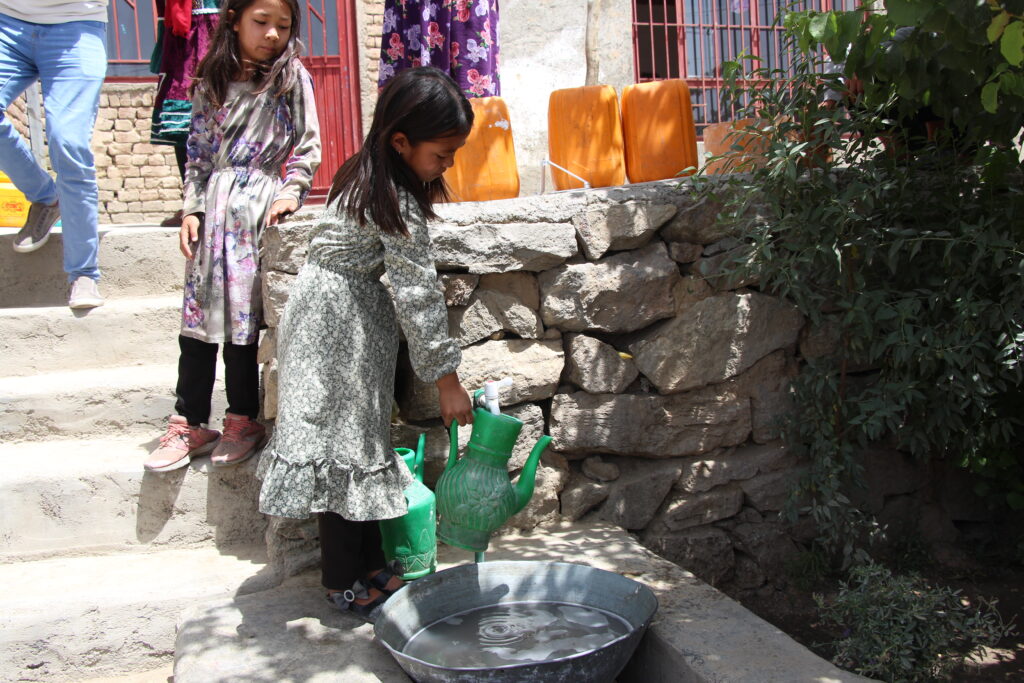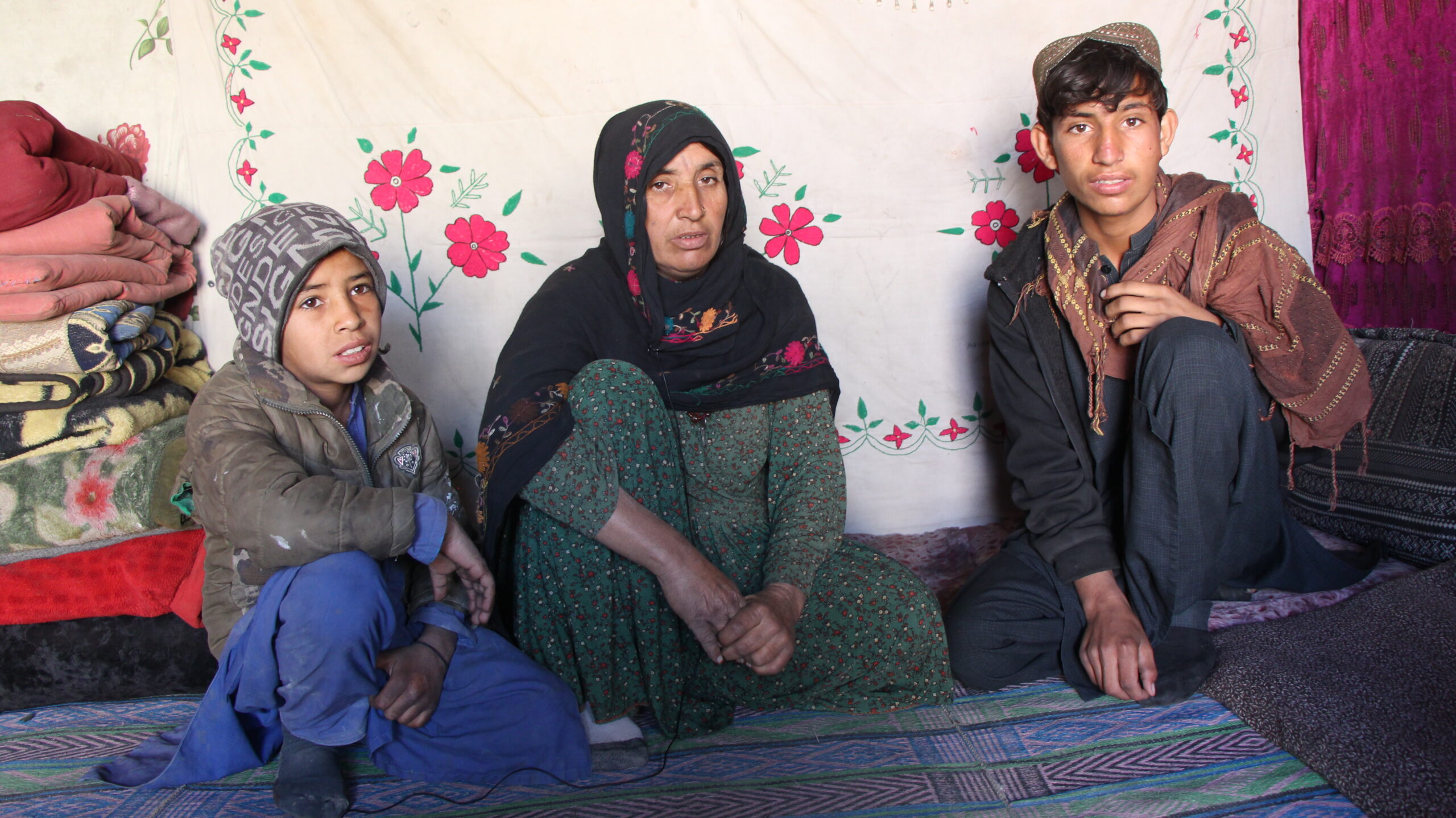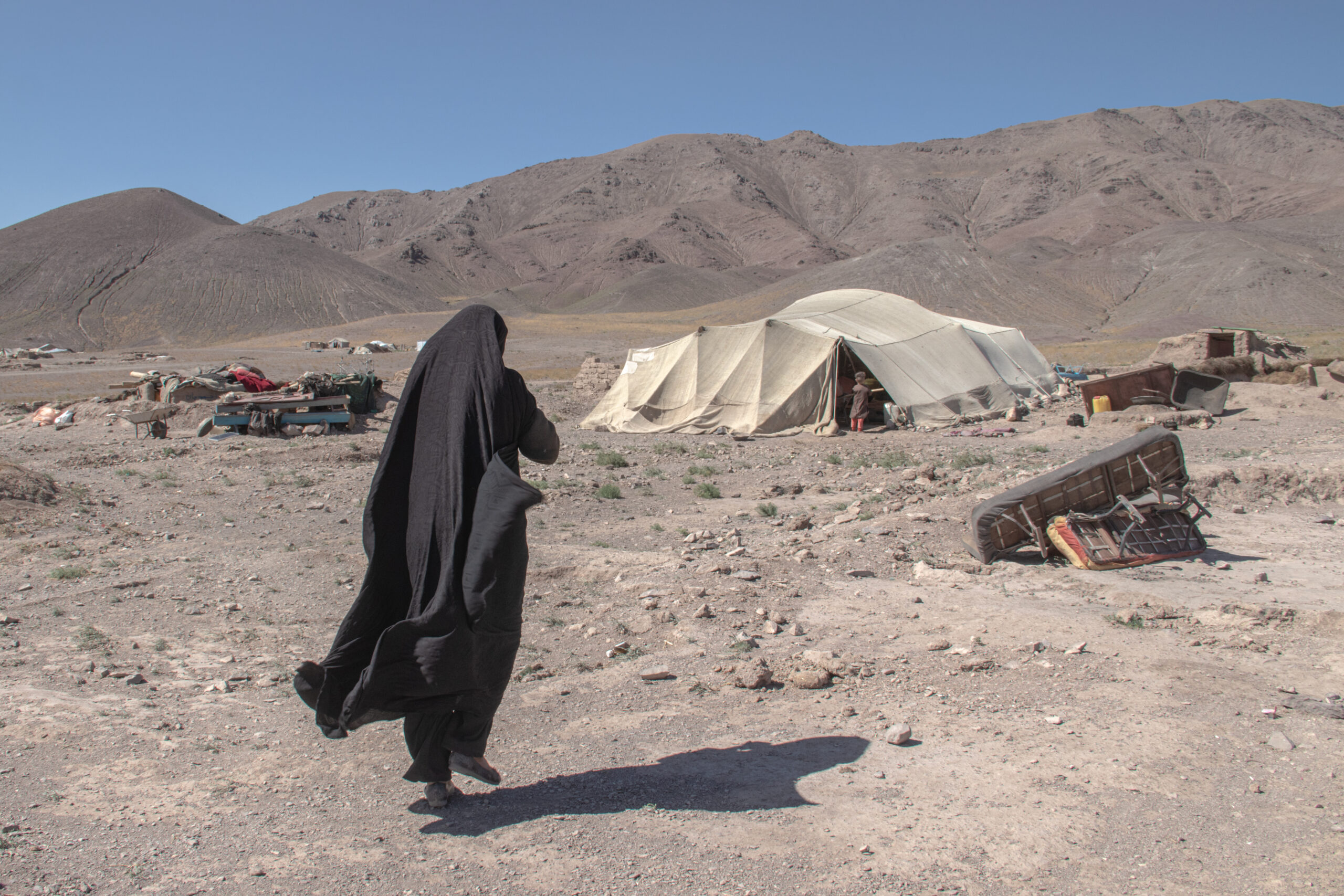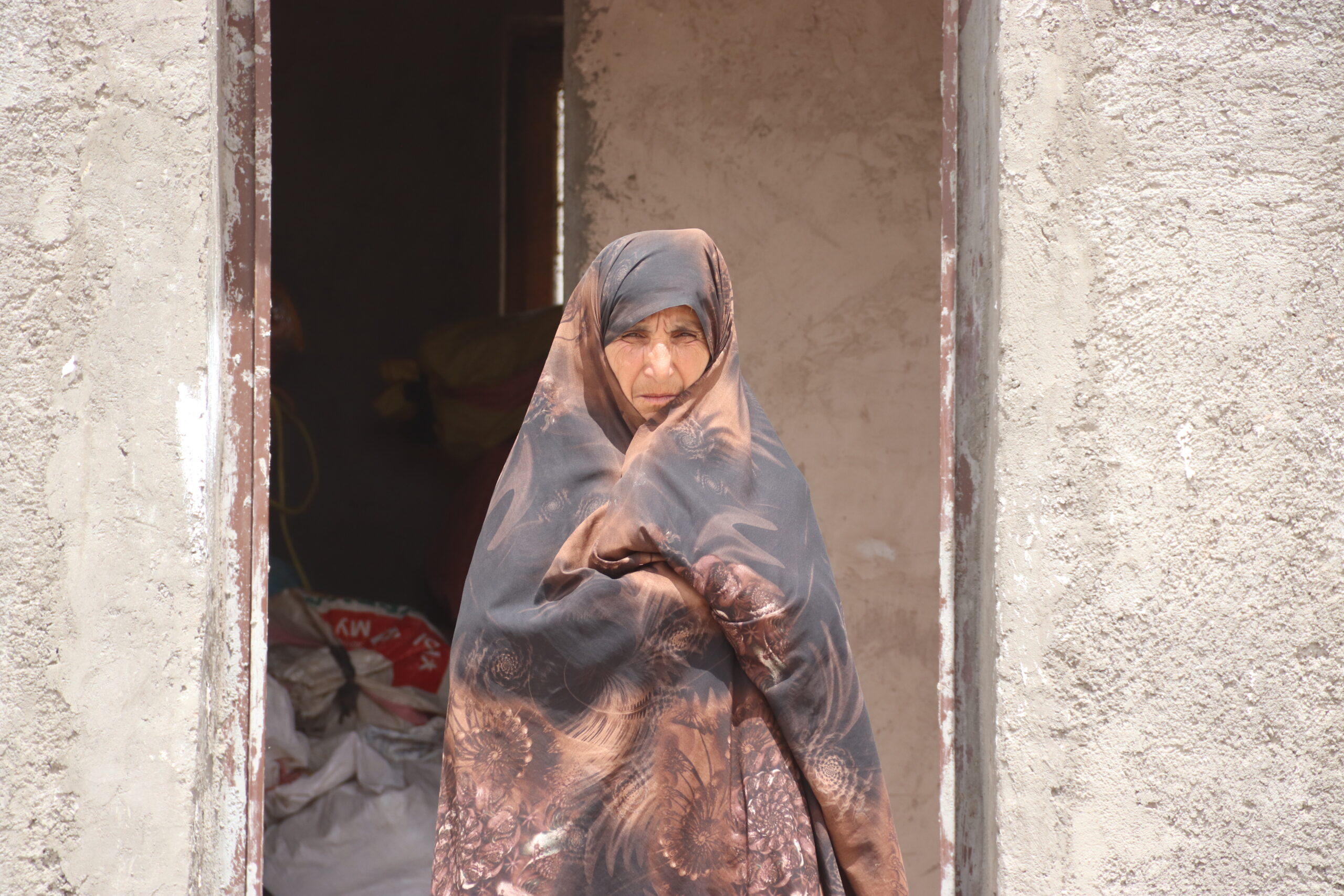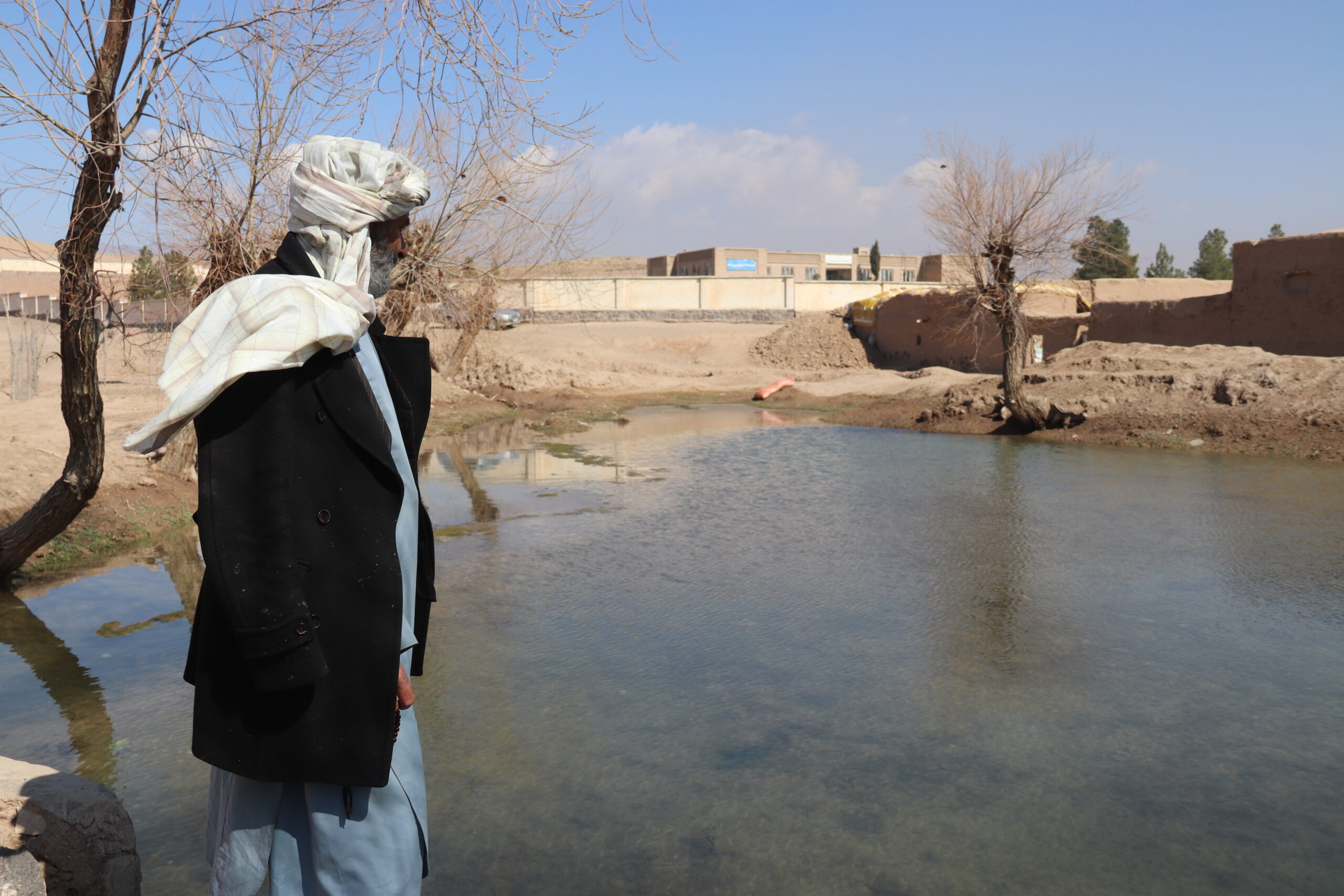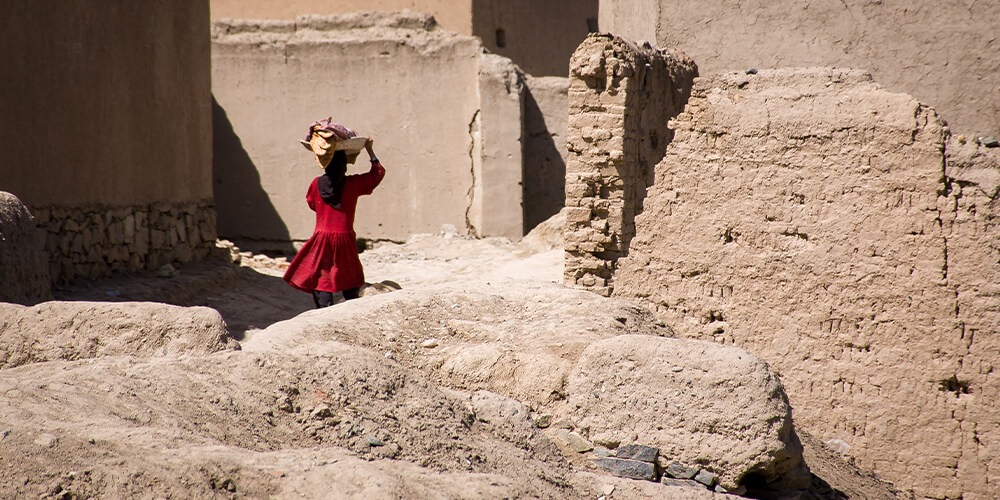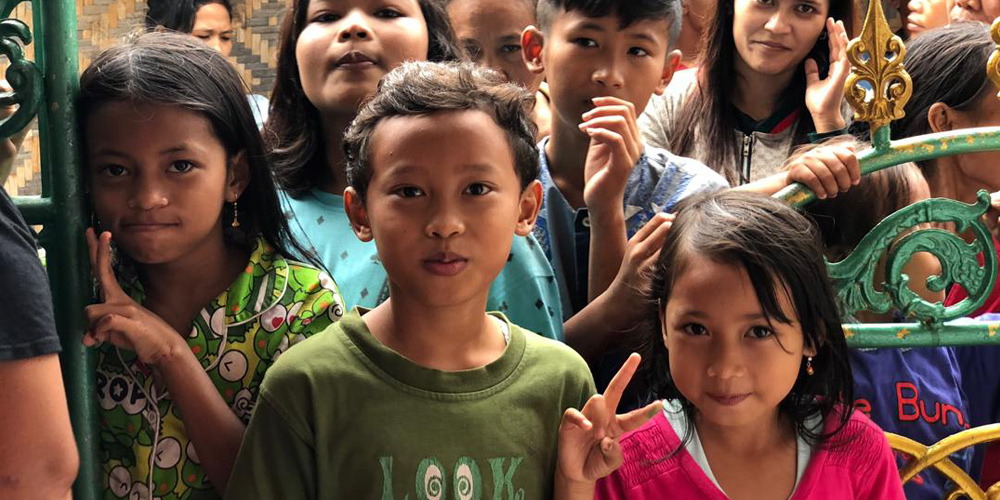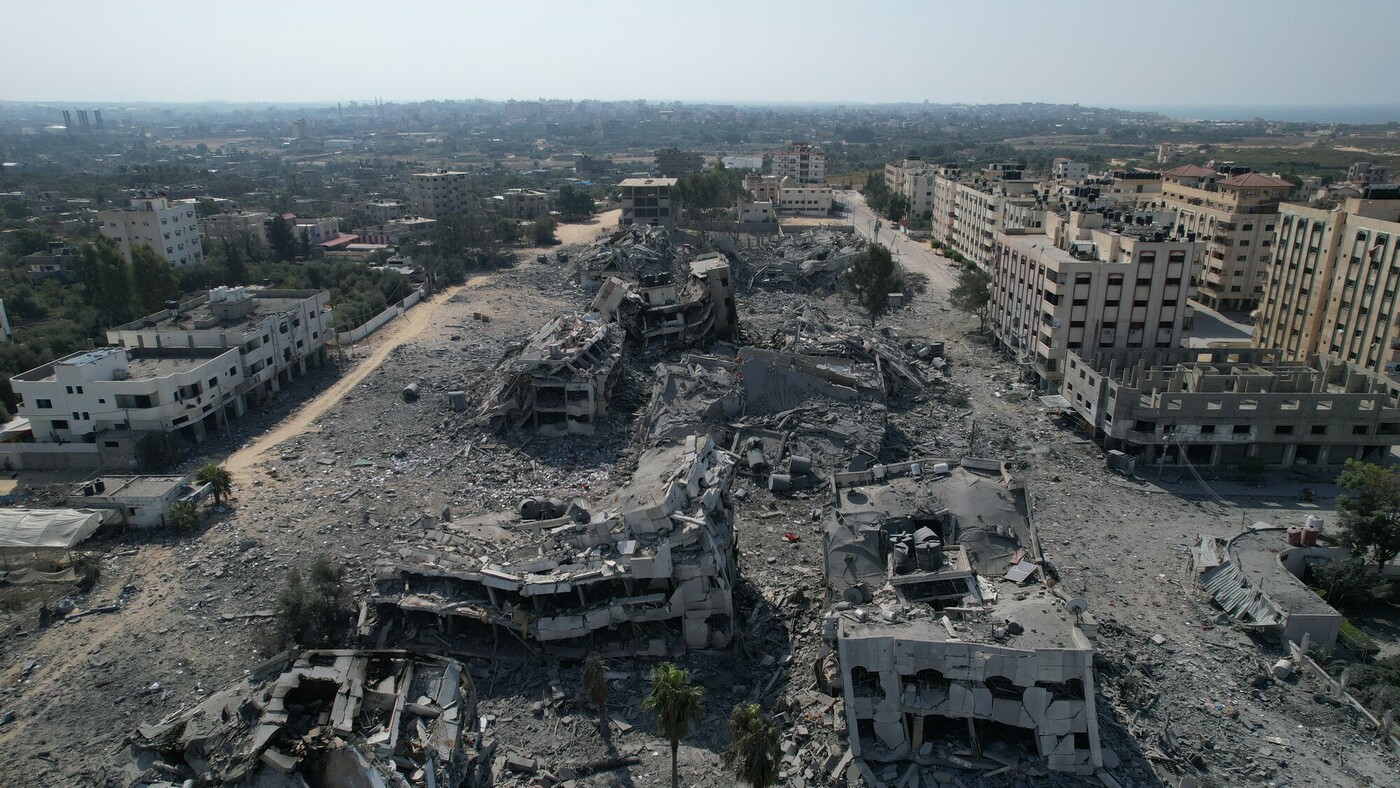
11.29.23
Islamic Relief Australia joins aid agencies call upon PM and Minister Wong for permanent ceasefire as pause in Gaza extended by two days
As a four-day humanitarian pause ends in Gaza with an extension of two days, aid agencies supporting humanitarian work there are in Canberra stepping up calls on Prime Minister Albanese and Minister Wong to push for an immediate and permanent ceasefire.
With the brief break in fighting, Oxfam Australia, Islamic Relief Australia, ActionAid Australia, Union Aid Abroad and Plan International Australia have all been working with colleagues in the Middle East, who are doing everything they can to get as much assistance as possible to the people of Gaza.
But Oxfam Australia Chief Executive Lyn Morgain said access had remained incredibly difficult to the war-torn Gaza Strip.
“A four-day pause allows us to deliver a drop of aid into an ocean of need – it is woefully inadequate given the scale of suffering and destruction in Gaza. And while welcome, just two extra days is not sufficient. For seven weeks, Gazans, including 33 Oxfam staff, have been living under constant bombardment and the amount of aid supplies reaching them has been significantly lower than requirements for survival,” she said.
“There are desperate shortages of water, food and fuel, and babies are dying from preventable causes. Despite doing everything we can to scale up our operations and increase support for our partners in recent days, humanitarian efforts and aid delivery have been severely obstructed with restricted access points. An immediate and permanent ceasefire is the only way to prevent further loss of civilian life and the total destruction of civic infrastructure, and only full and secure access will allow aid agencies to deliver an effective humanitarian response.”
While the organisations welcomed the Government’s previous $25 million contribution to the response effort, they said much more would be needed to rebuild the devastated Gaza Strip.
Islamic Relief Australia Chief Executive Samir Bennegadi expressed deep concern for the ongoing situation in the Occupied Palestinian Territory, including Gaza and the West Bank, emphasising the profound impact it is having on the Palestinian community in Australia.
“Many of our community members here are directly connected to the affected regions, with families and loved ones caught in the midst of this devastating conflict. The temporary ceasefire in Gaza, while a brief respite, hardly scratches the surface of the profound and ongoing distress experienced by those here and abroad. Our community in Australia feels this pain deeply, sharing a visceral and personal connection to the daily realities in these regions,” he said.
“Meanwhile, our ground efforts face constant obstacles due to the conflict. We urge Prime Minister Albanese and Minister Wong to do all they can to ensure a swift and lasting ceasefire and stress the need for unhindered humanitarian access via both Egypt and Israel. This is crucial for starting the healing and rebuilding process in these devastated regions.”
ActionAid Australia Executive Director Michelle Higelin said:
“It has been incredibly moving to see the outpouring of support in Australia for civilians affected by the escalation of violence in Gaza. Over the last seven weeks, we have seen thousands of Australians across the country taking to the streets to stand up against the constant bombardment of Gaza that has seen 1.7 million people displaced and countless civilian lives ripped apart. More than 70,000 Australians are joining our collective call for an immediate and permanent ceasefire.
“Our partners in Gaza are telling us that the humanitarian situation is nothing short of catastrophic. The chaos and horror unleashed in Gaza has affected women in devastating ways. Thousands of women in Gaza are risking their lives to give birth, undergoing caesareans without sterilization, anesthesia or painkillers. The denial of water is preventing breastfeeding mothers from being able to supply milk to their newborns. There must be a permanent ceasefire so that aid on the scale required can reach those in urgent need. The lives of civilians must be protected, and bombs must not be allowed to fall again.”
Union Aid Abroad Chief Executive Kate Lee said:
“This situation is unprecedented. No other humanitarian crisis has a people who cannot escape across a border as refugees. No other crisis has seen basic humanitarian needs blocked. This requires governments to re-write the rule book. A ceasefire must be negotiated.”
Strong public support for a permanent ceasefire and increased humanitarian assistance is building, with more than 70,000 Australians signing petitions from the aid agencies calling for a permanent ceasefire, and over a million people signing a global #CeasefireNow petition.
Plan International Australia Deputy CEO Hayley Cull said a ceasefire petition shared by Plan International Australia had garnered close to 50,000 signatures in less than a month – an unprecedented show of support and a clear sign that Australians are horrified and outraged by what is unfolding in Gaza and want the Albanese Government to take genuine action in calling for a lasting ceasefire.
“In the 13 years that I have worked in the international humanitarian sector, I am at a loss to think of a more devastating situation. Children are paying the heaviest price from the ongoing violence in Gaza. Although a temporary truce and the release of some of the hostages is an important step towards peace, it is nowhere near enough. Further action must be taken to protect children through a lasting ceasefire.
“The time is now for the Australian Government to call for an immediate and permanent ceasefire. Any further delay to this will be a stain on our collective morality. Nothing can ever justify the killing or maiming of children. Every child’s life – Palestinian and Israeli – should be valued and treated with humanity,” she said.
For interviews, contact:
Oxfam Australia – Lily Partland on 0418 118 687 / [email protected]
Union Aid Abroad – Lachlan Batchelor on 0404 469 462 / [email protected]
Plan International Australia – Claire Knox on 0452 326 549 / [email protected]
ActionAid Australia – Milly Atkinson Handley on 0414 860 238 / [email protected]

